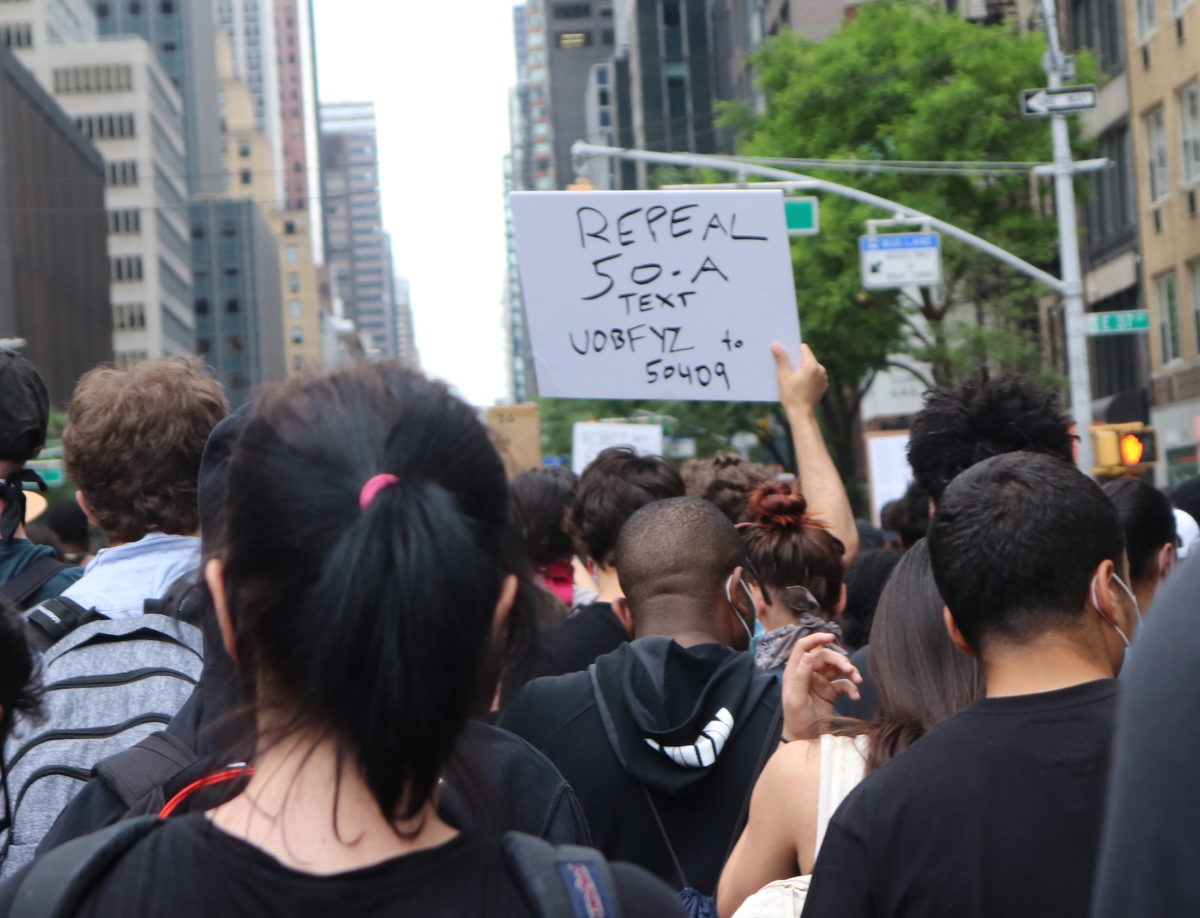
New York Protests Could Finally Push Through Increased Police Transparency
Lawmakers are targeting a statute that has been used as a cudgel to bat away almost any inquiries into police misconduct.

Lawmakers are targeting a statute that has been used as a cudgel to bat away almost any inquiries into police misconduct.
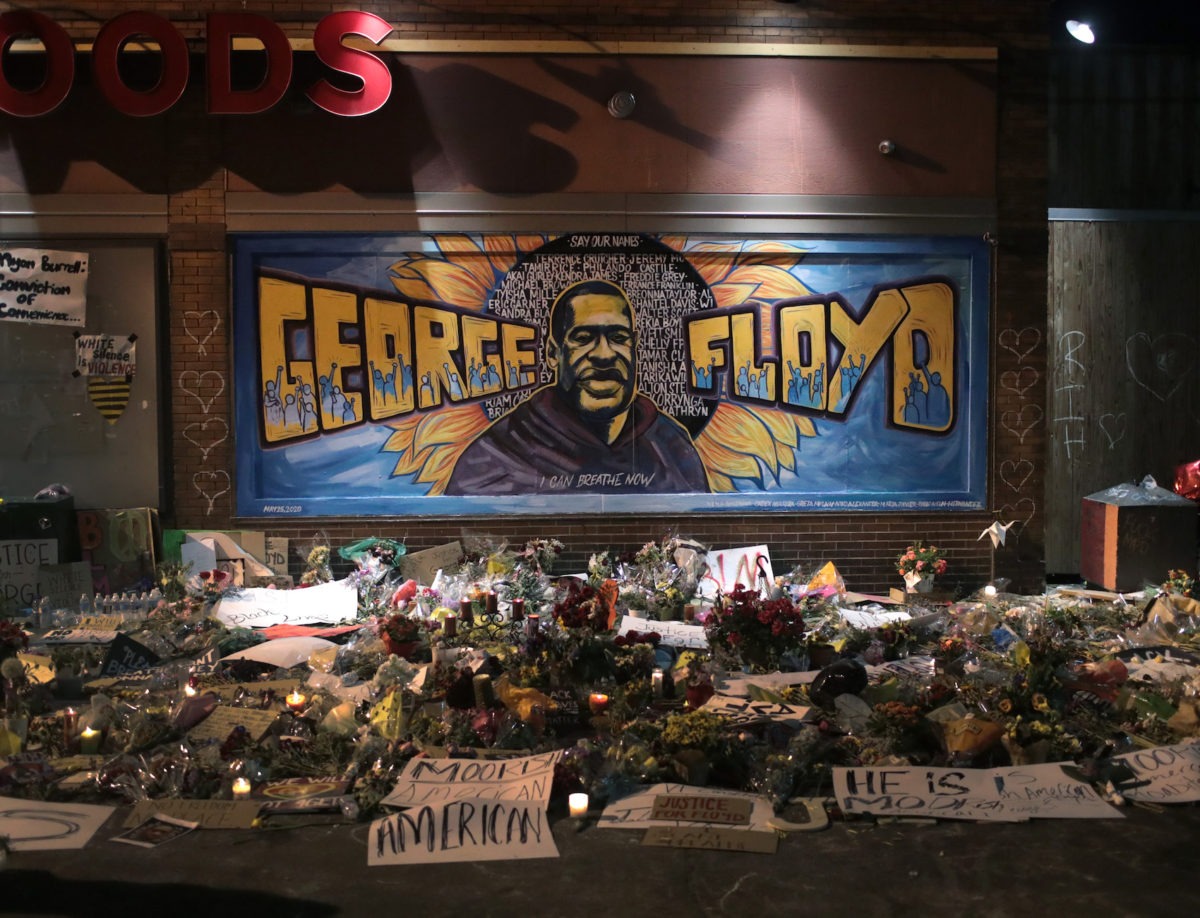
The killing of George Floyd demonstrates that incremental police reforms are insufficient in the absence of a comprehensive plan to transform law enforcement and its stated purpose.
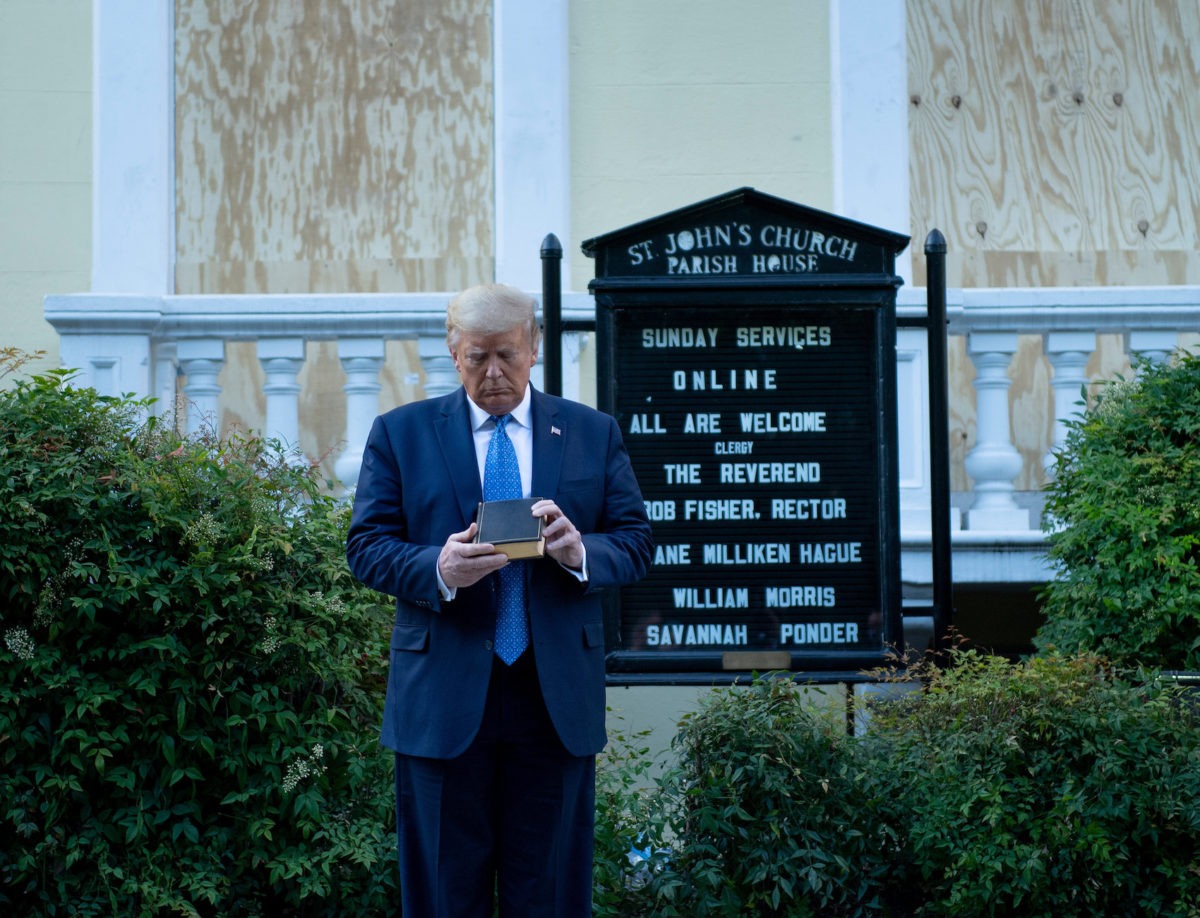
A president who openly endorses police brutality struggles with a nation rejecting it.
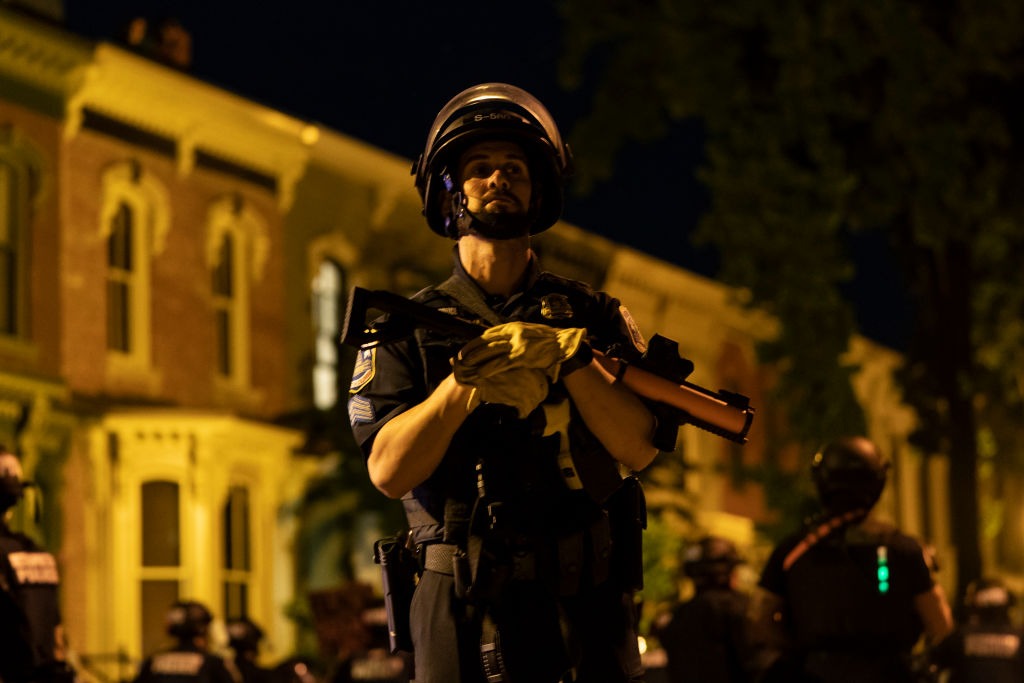
Under the HEROES Act, the Community Oriented Policing Services program would receive $300 million to fund the hiring of more police. Democratic and Republican leaders alike remain committed to the ideology of increased funding, even under the guise of reform.
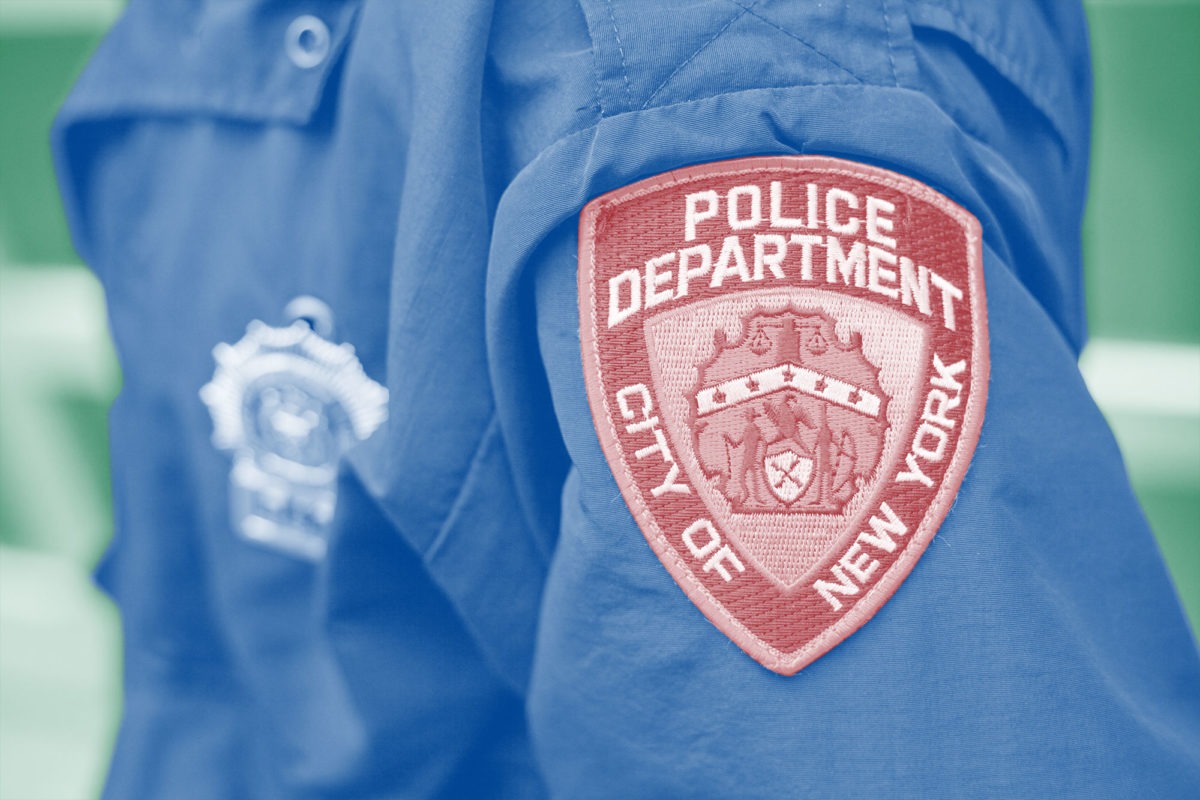
State Assembly members, senators, and city council members have said they will decline and donate funds from police and corrections officers as New Yorkers fill the streets to protest recent violence by law enforcement.
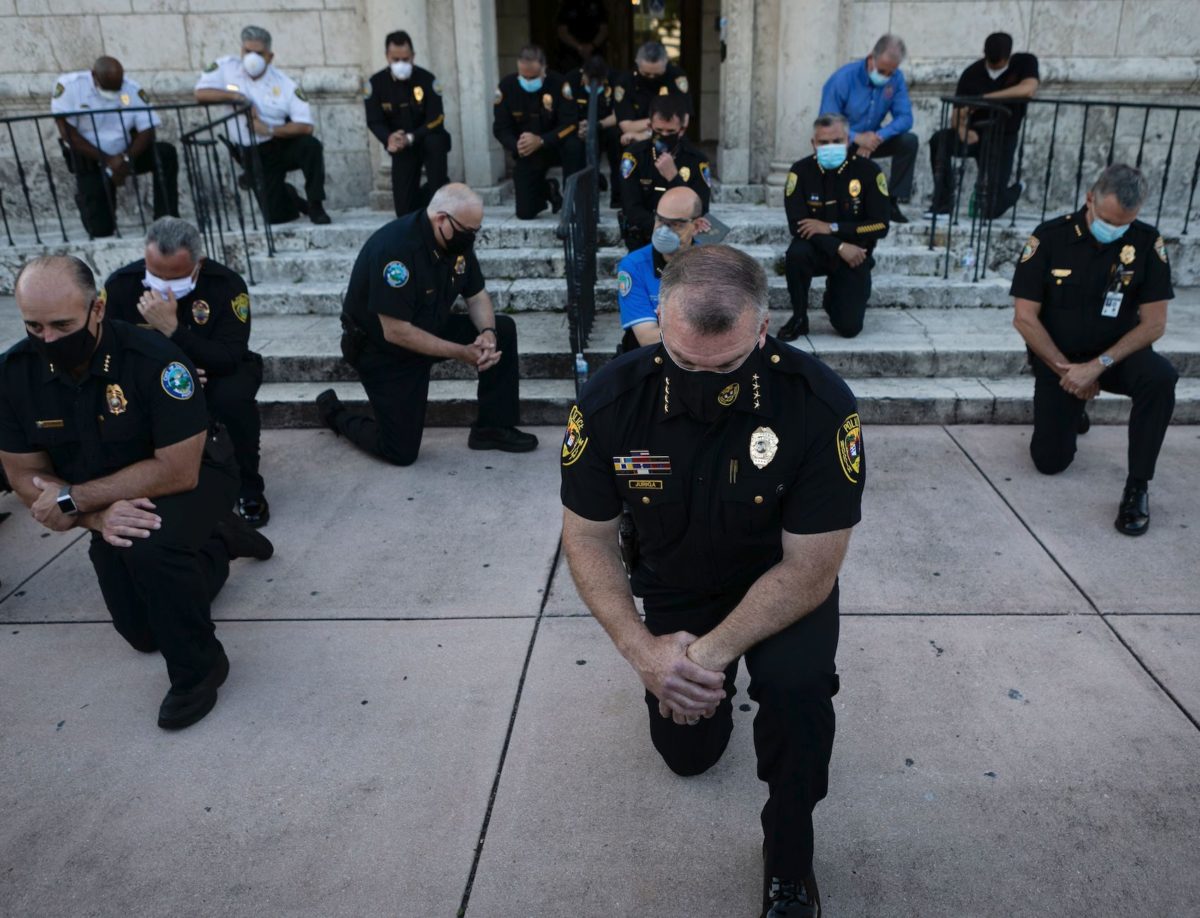
Cops who turn marches against police violence into parades don’t actually want substantial changes to policing.
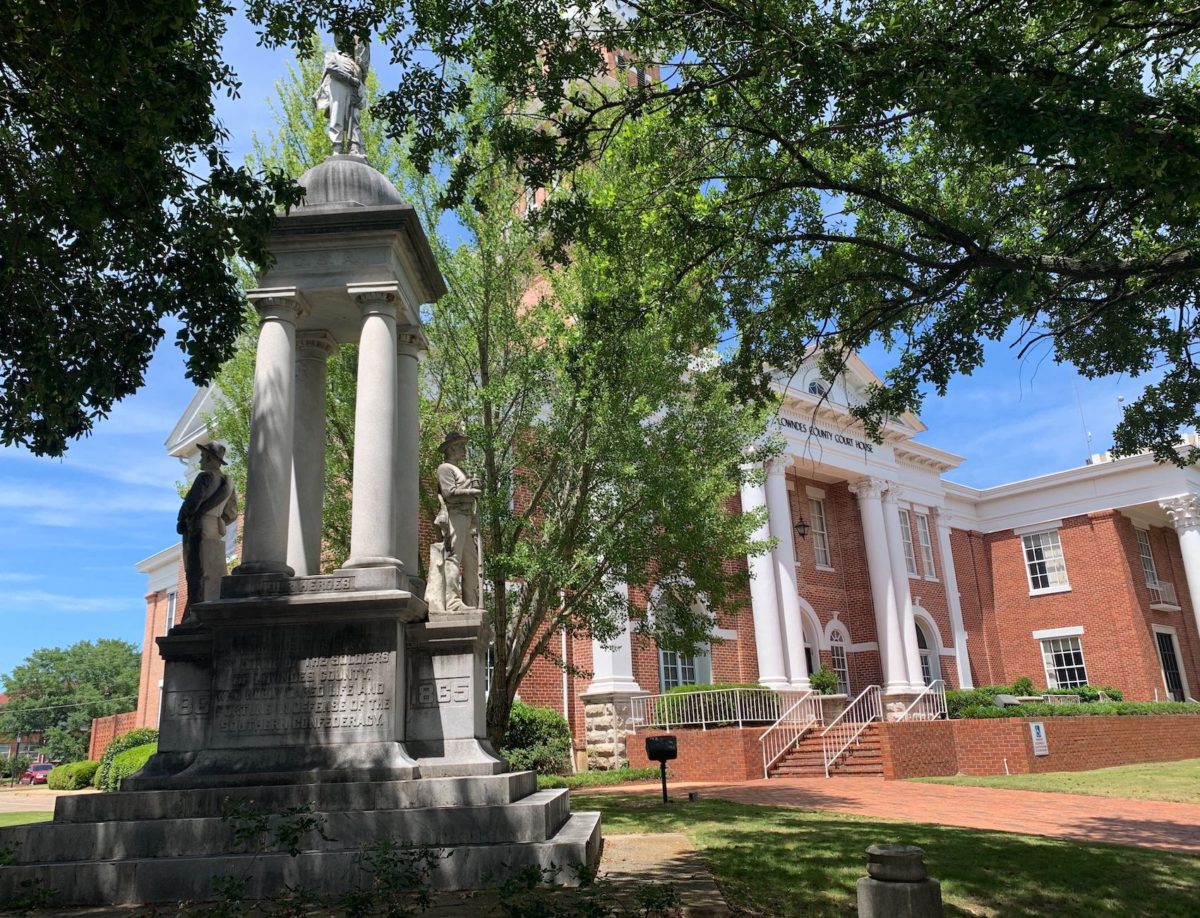
Canyon Boykin was charged with manslaughter for shooting and killing Ricky Ball during a traffic stop in 2015.
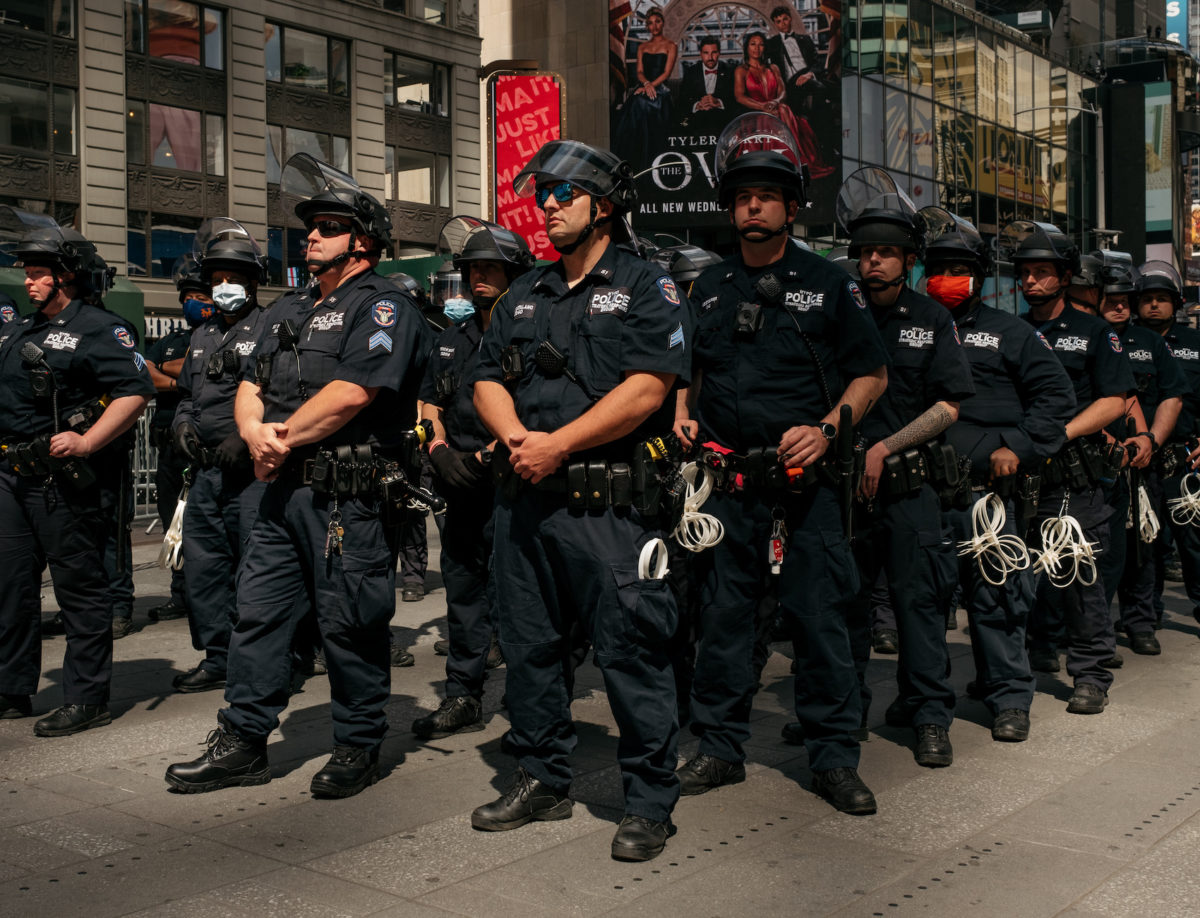
More training, more equipment, and more officers will not stop police from killing Black people.
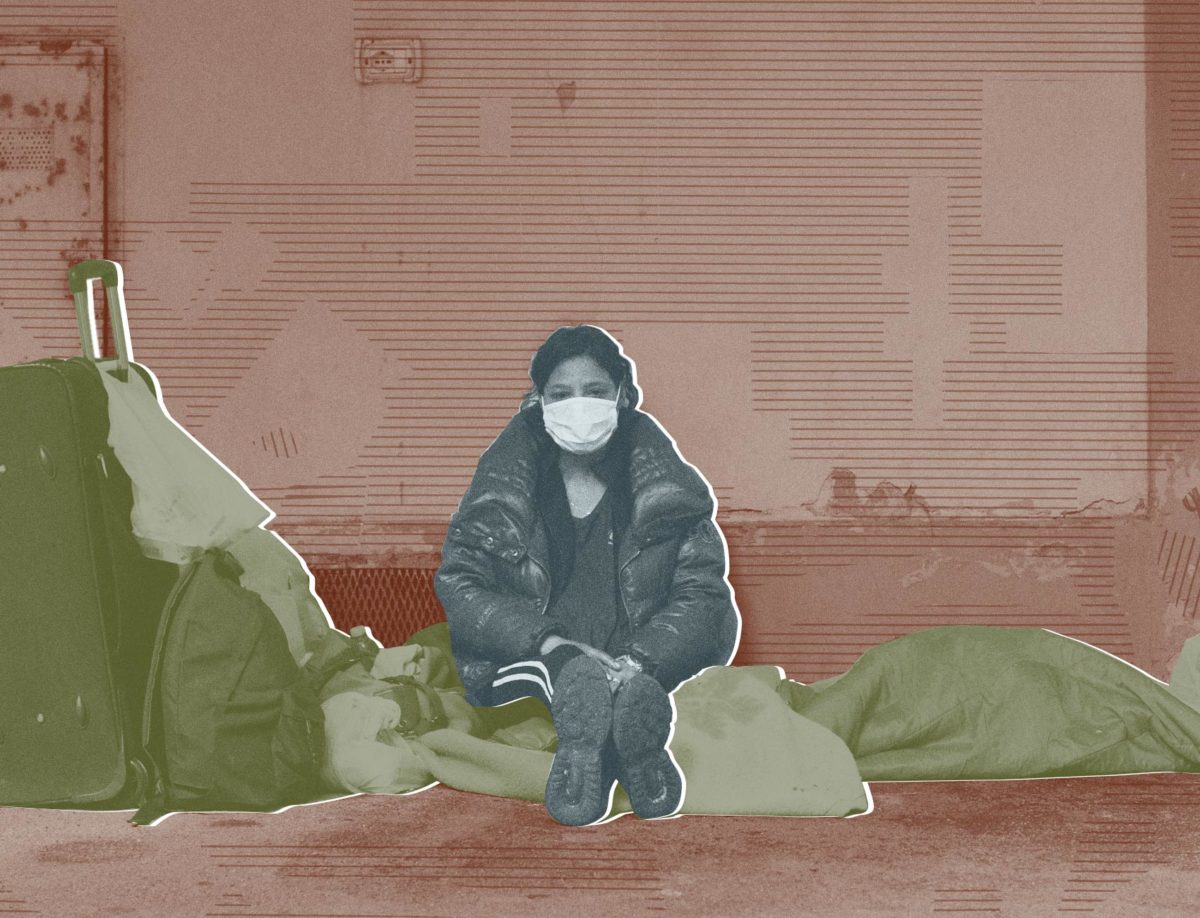
The city is flouting CDC guidance by continuing to dismantle homeless encampments during the COVID-19 pandemic, though it does not have nearly enough shelter space.
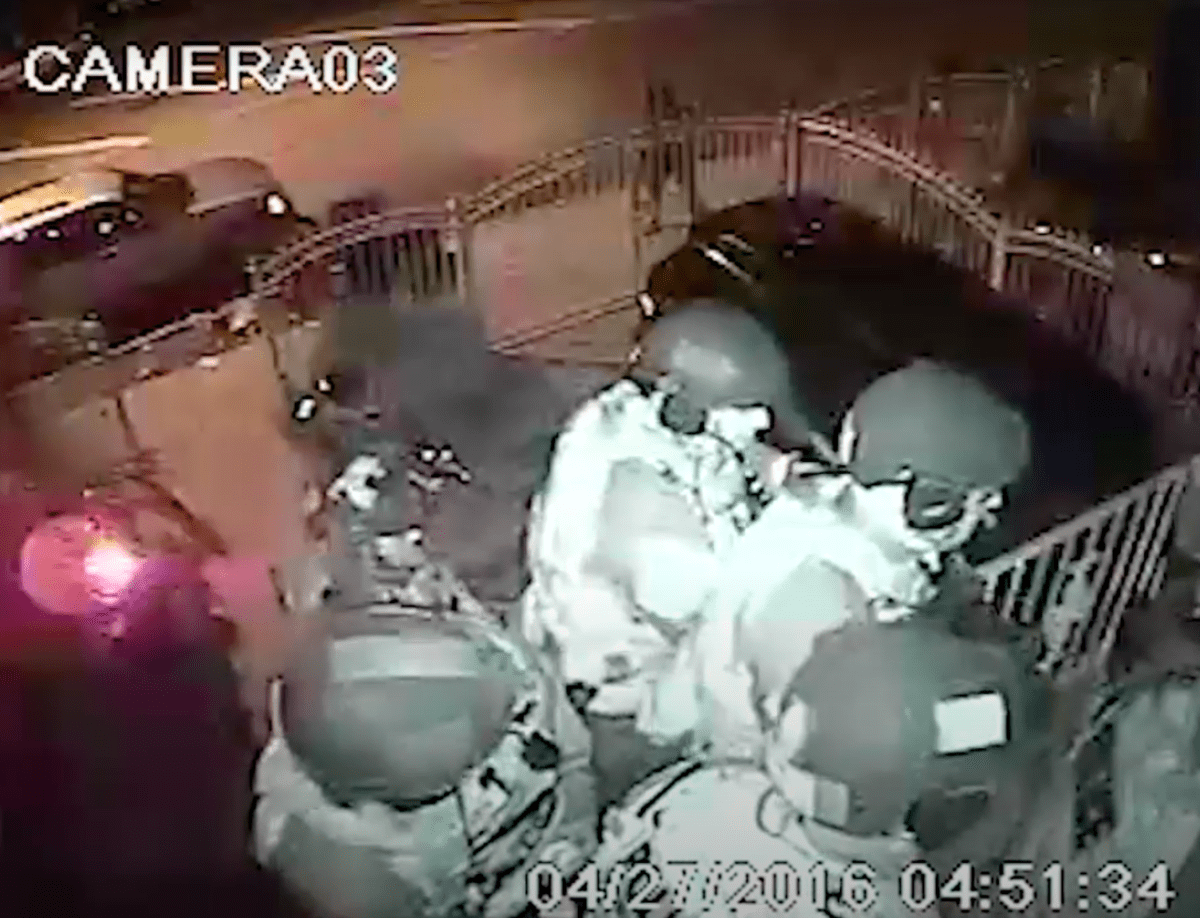
On the pretext of conducting ‘transnational gang operations,’ ICE raids have swept up thousands of U.S. citizens.

As of April 30, one in three unsheltered people have been arrested in Miami-Dade County since a local state of emergency was declared in March.
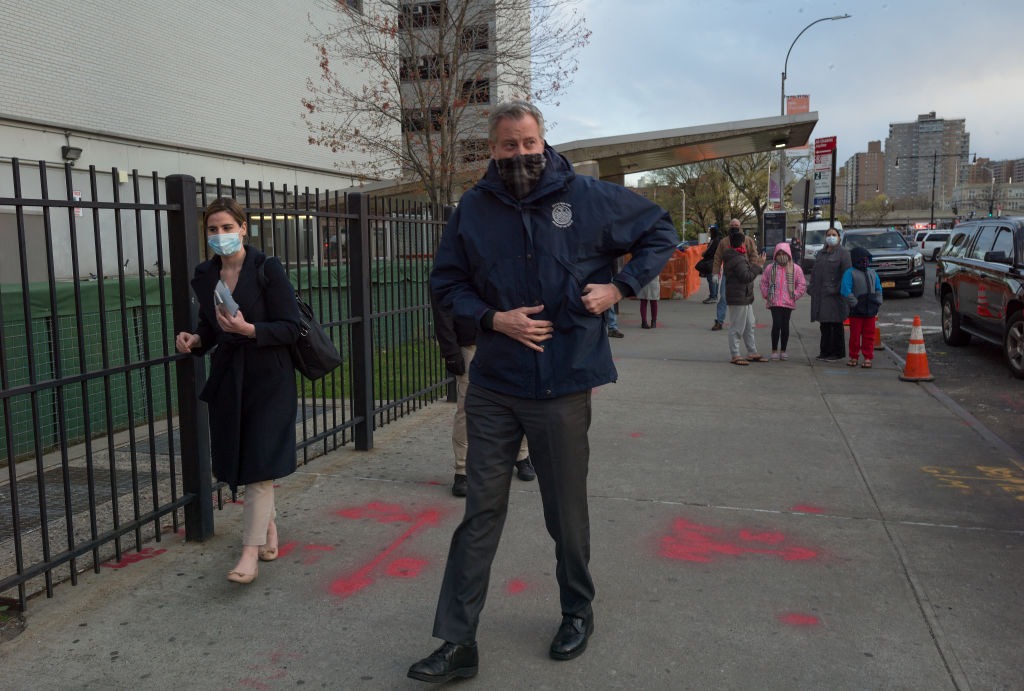
As COVID-19 spreads, Andrew Cuomo and Bill de Blasio are slashing budgets, but leaving funding for police and prisons largely untouched.
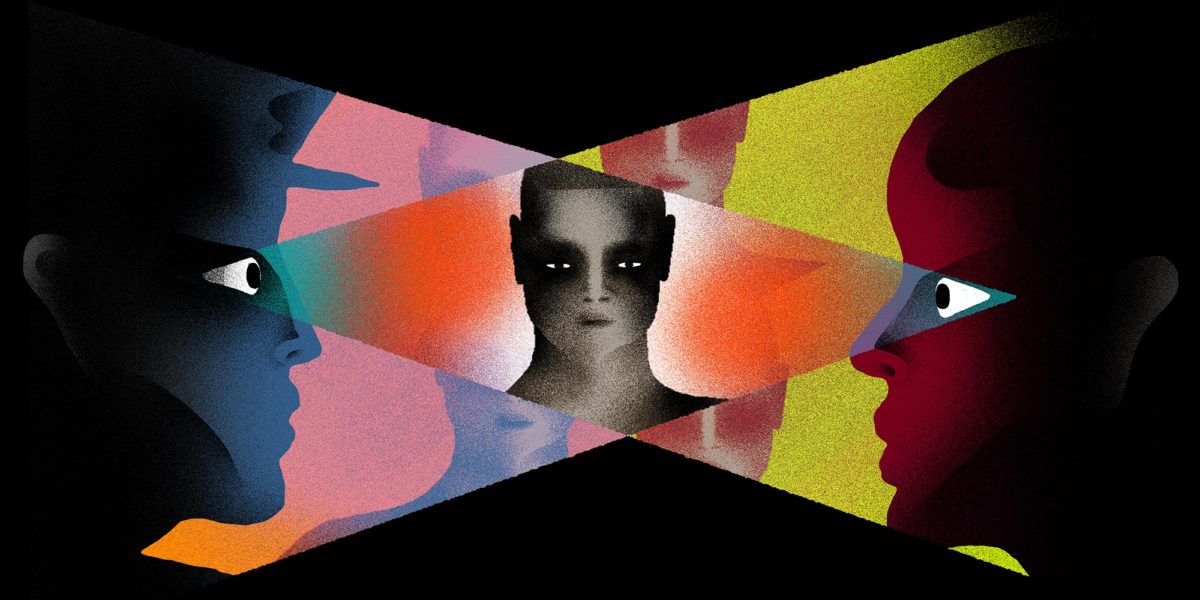
On the anniversary of the Baltimore Uprising protests, new evidence in Gray’s death uncovers suppressed witness accounts of police brutality.
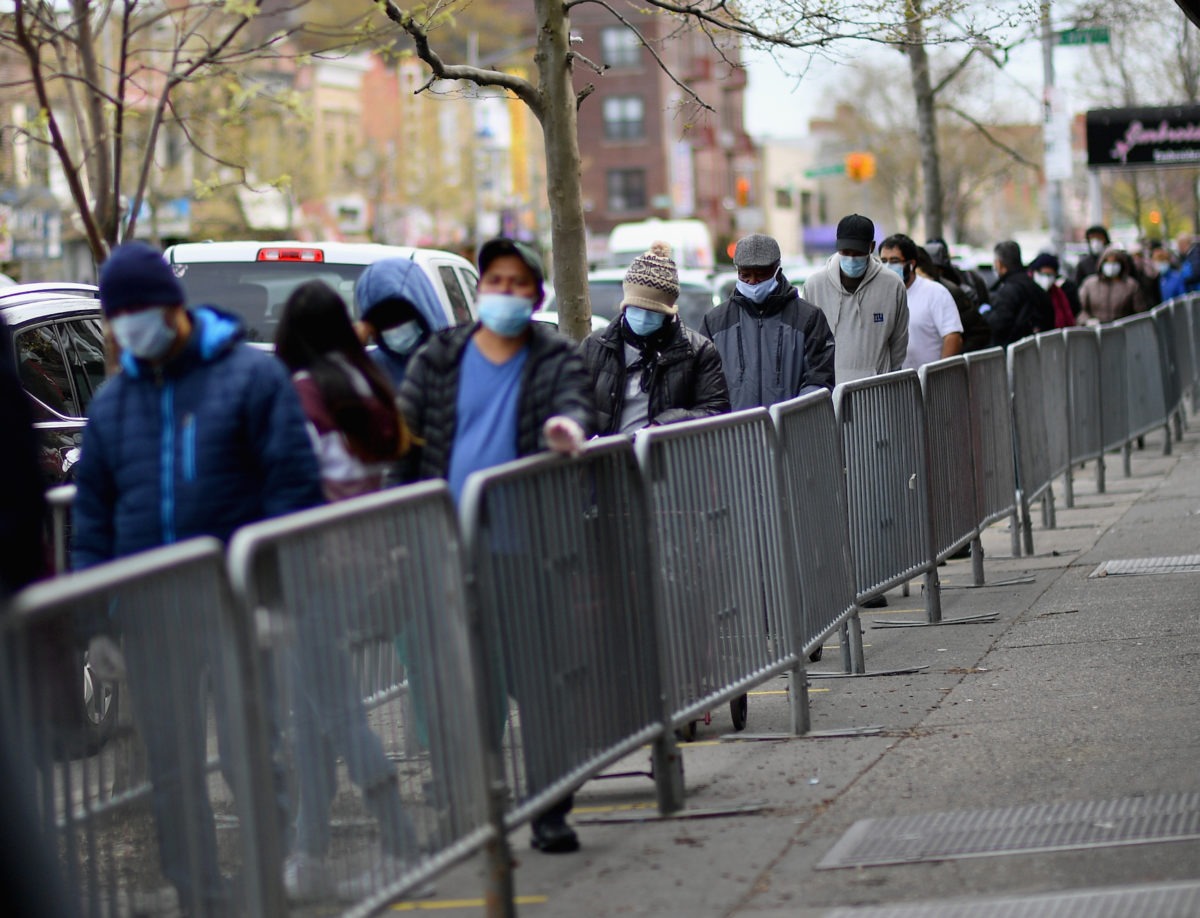
The city has created the structural conditions that have engendered disproportionately high rates of infection and death among its Black and Latinx residents.
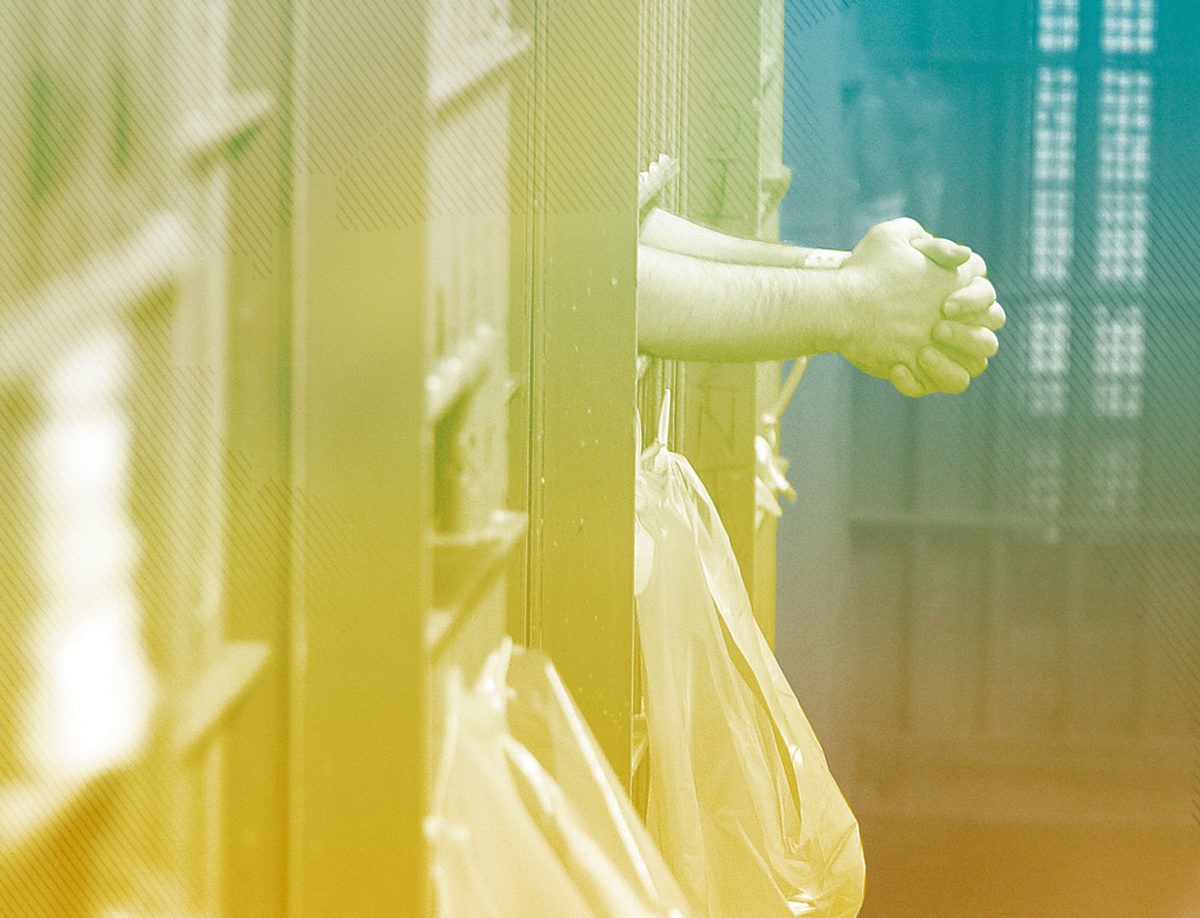
The current coronavirus crisis underscores our urgent need to look hard at our pretrial justice system. Eliminating money bail is a necessary first step.
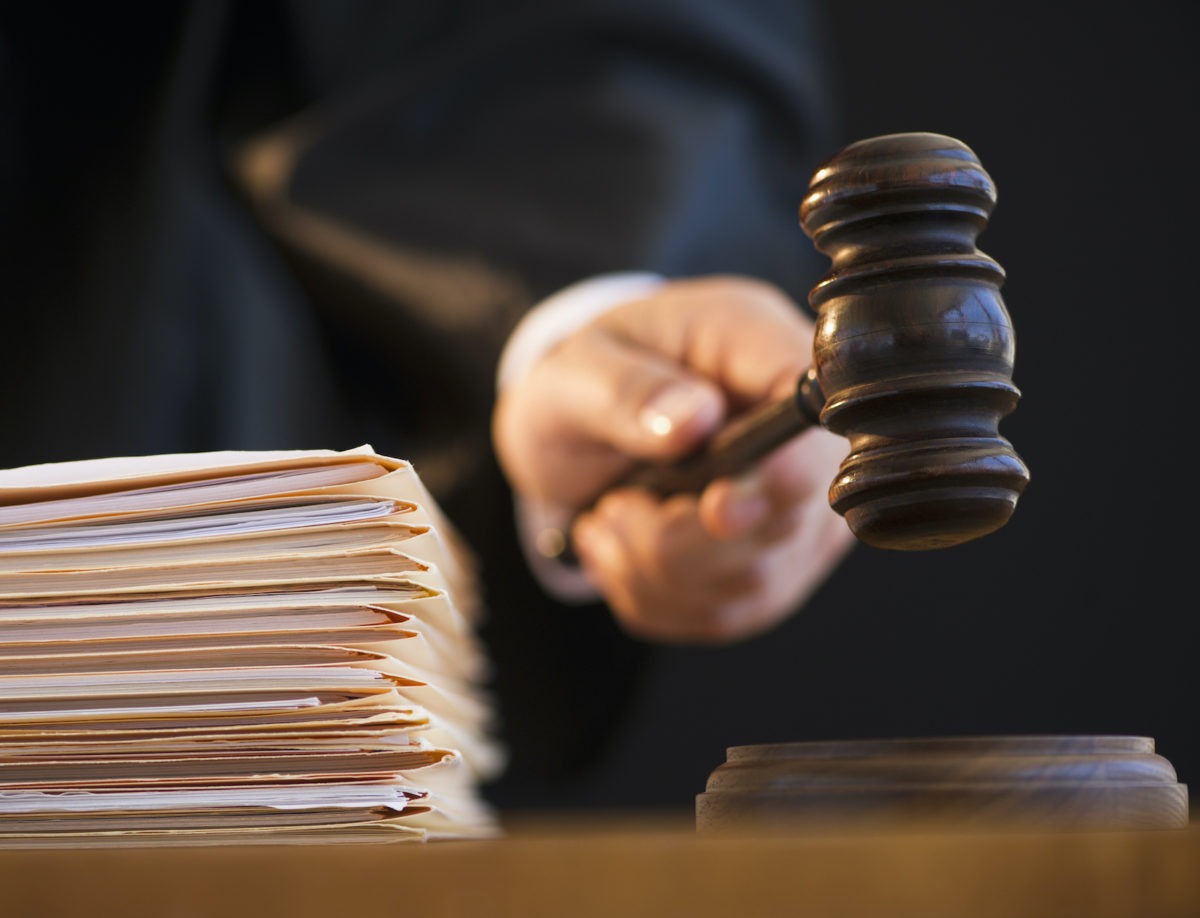
Michigan was one of several states requiring registrants to report to local police stations in person despite the risk to public health from coronavirus.
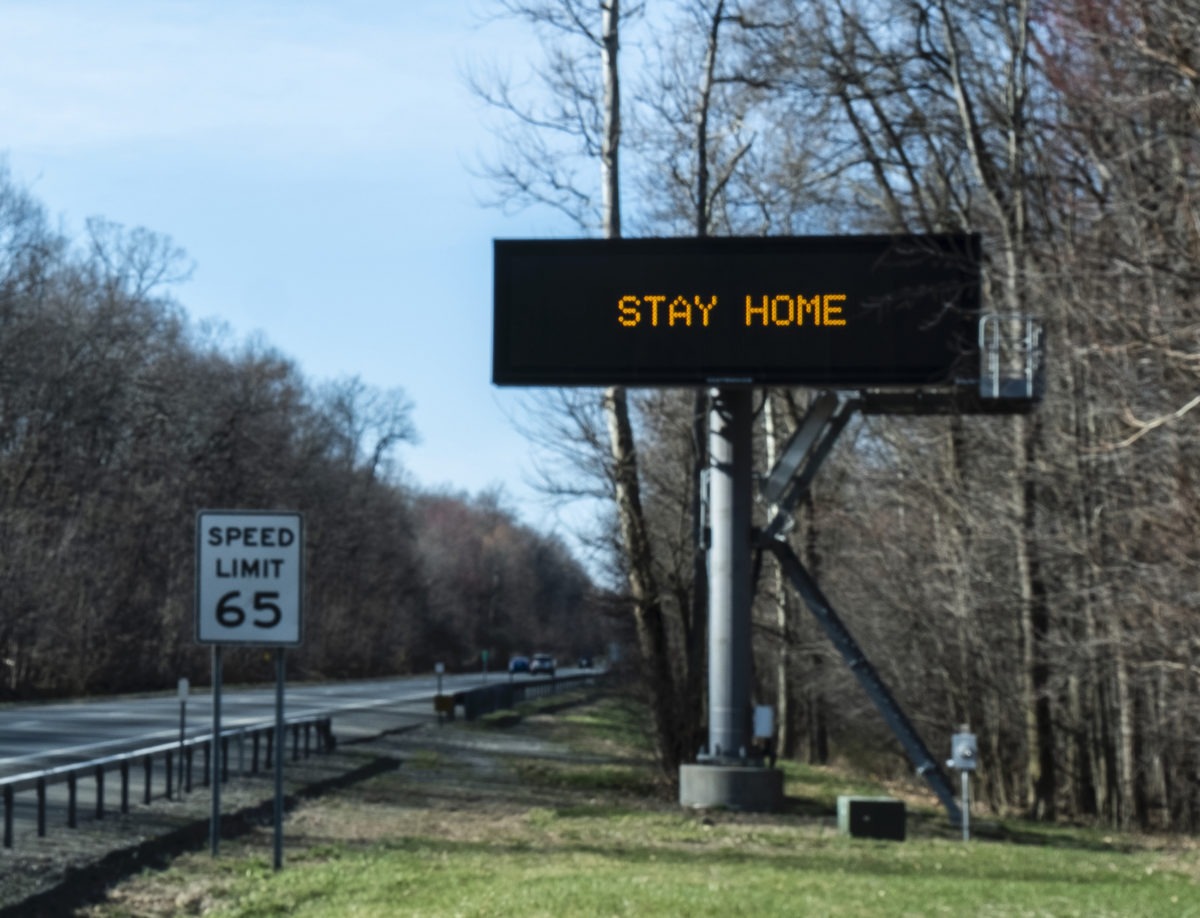
Louisville, Kentucky judges are ordering people with COVID-19 who have allegedly defied quarantine to wear GPS ankle monitors, raising ethical questions about the government’s role in a pandemic.
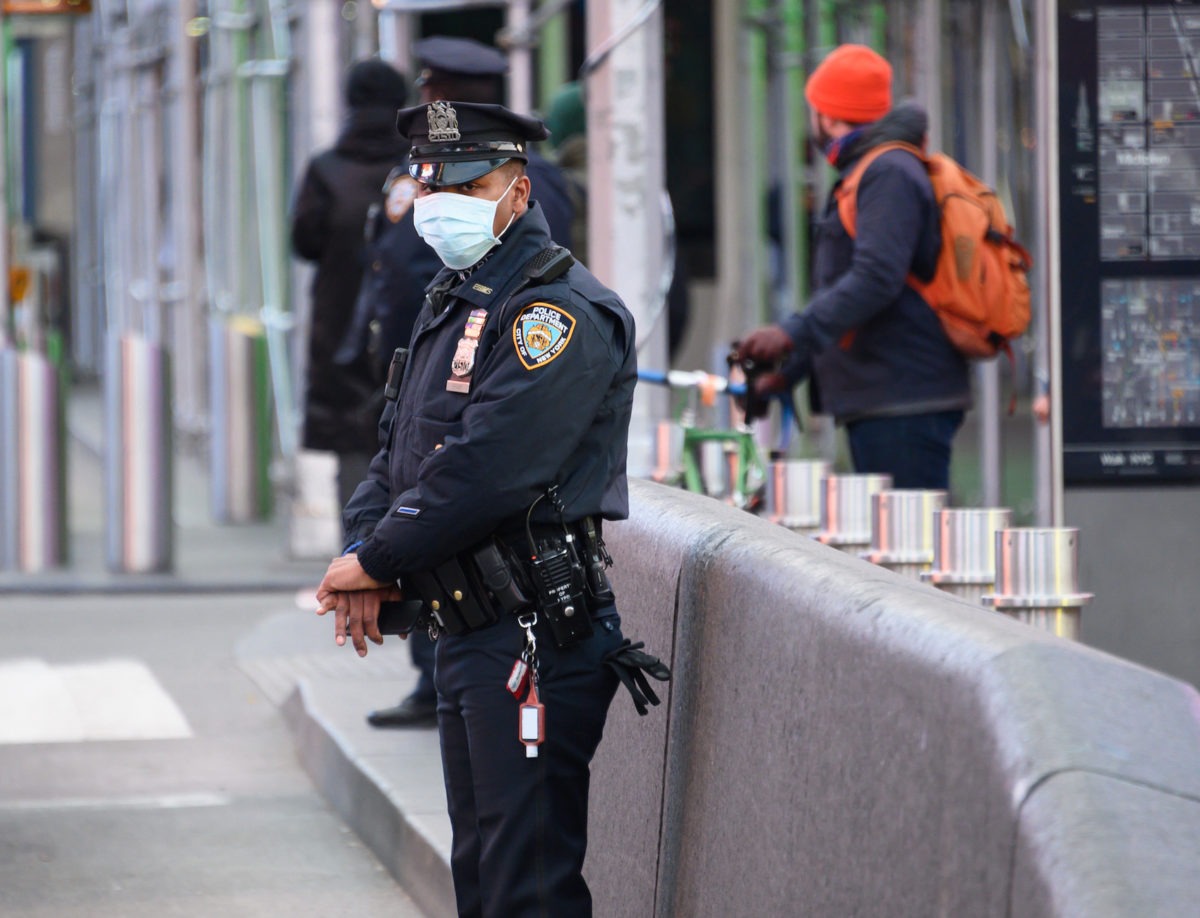
As infections and deaths mount, state leaders and law enforcement are turning to tough-on-crime tactics in the face of the COVID-19 outbreak.
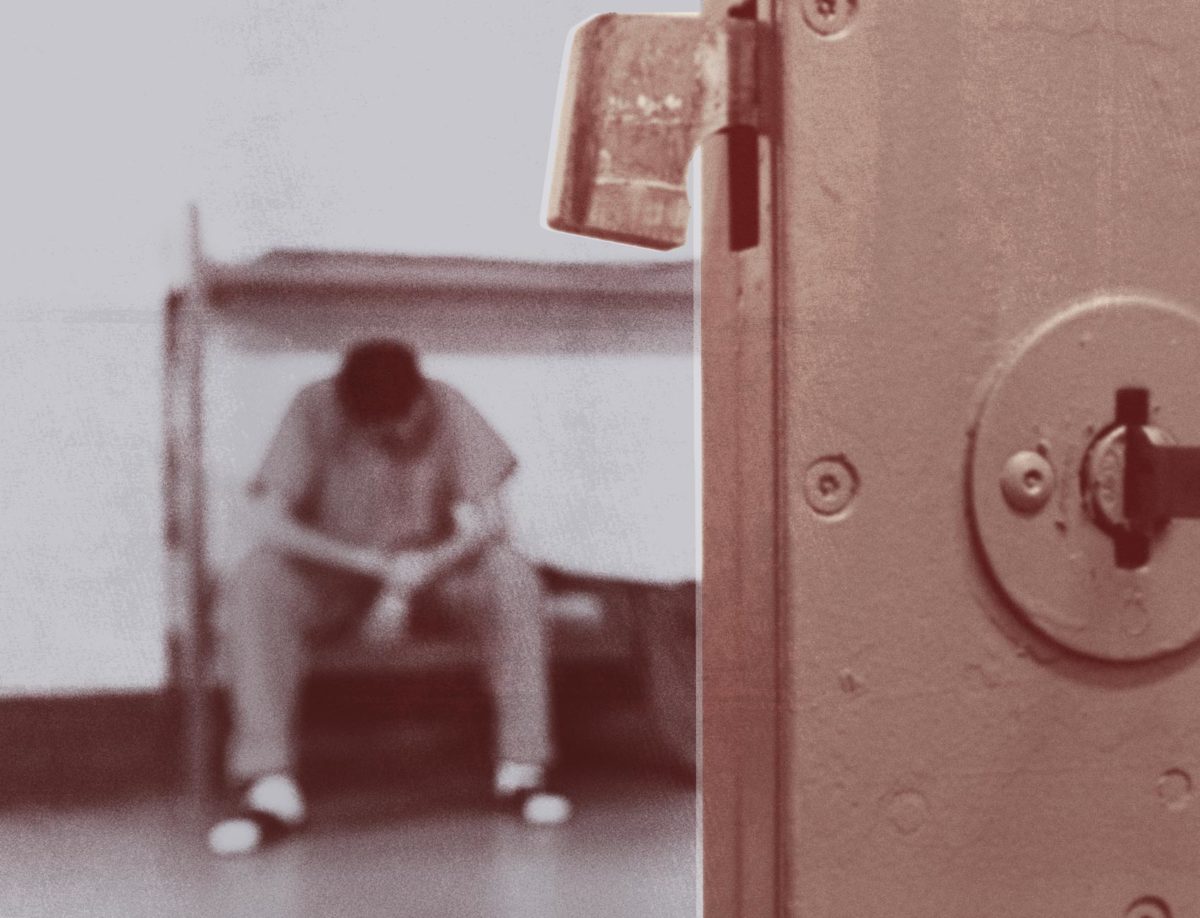
Decisive action by governors and the President now can save lives — of incarcerated people, correctional and medical personnel, and nearby community members. Business as usual will not.
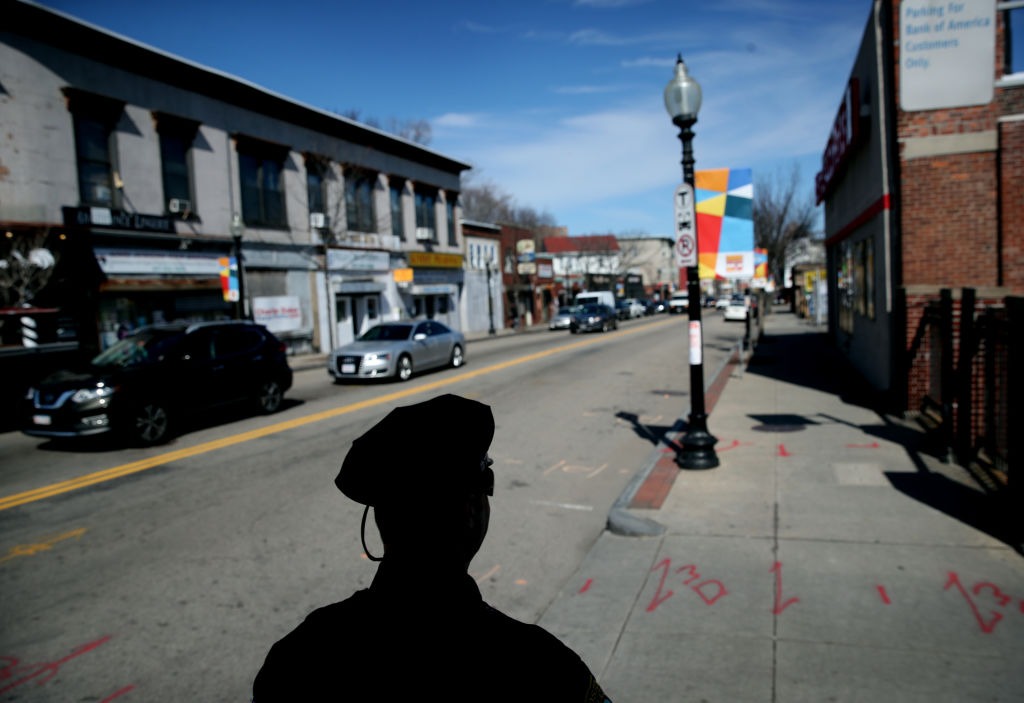
In Boston, it’s worse than business as usual at the police department as the pandemic spreads. On a recent day, officers arrested people for charges the district attorney has publicly declined to prosecute.
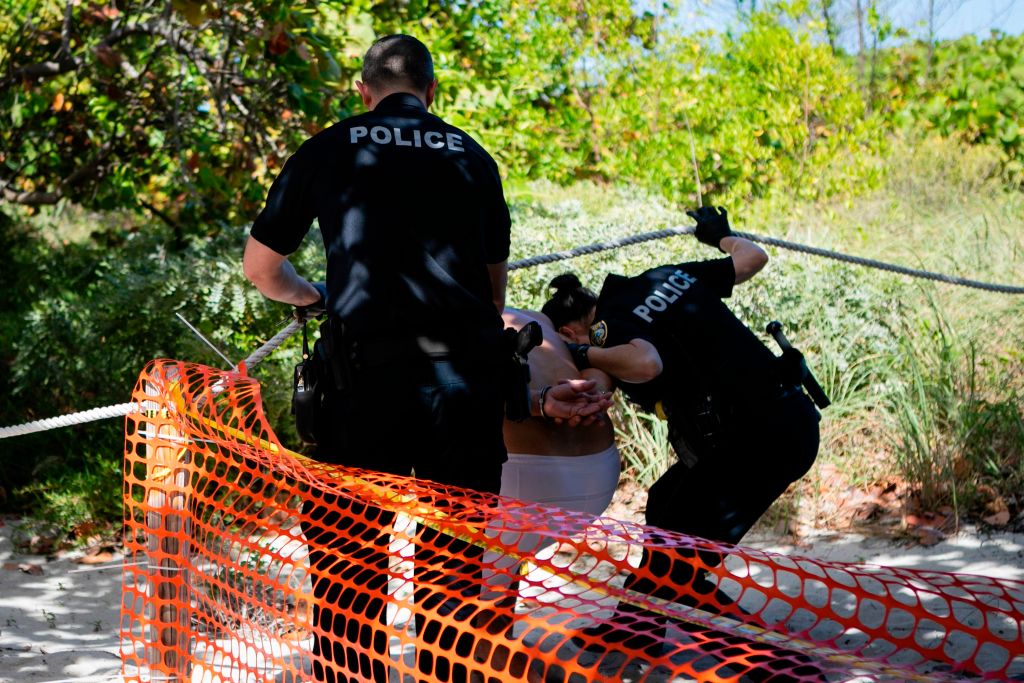
One of America’s largest police forces says it’s drastically reducing the number of people it arrests during the coronavirus pandemic.
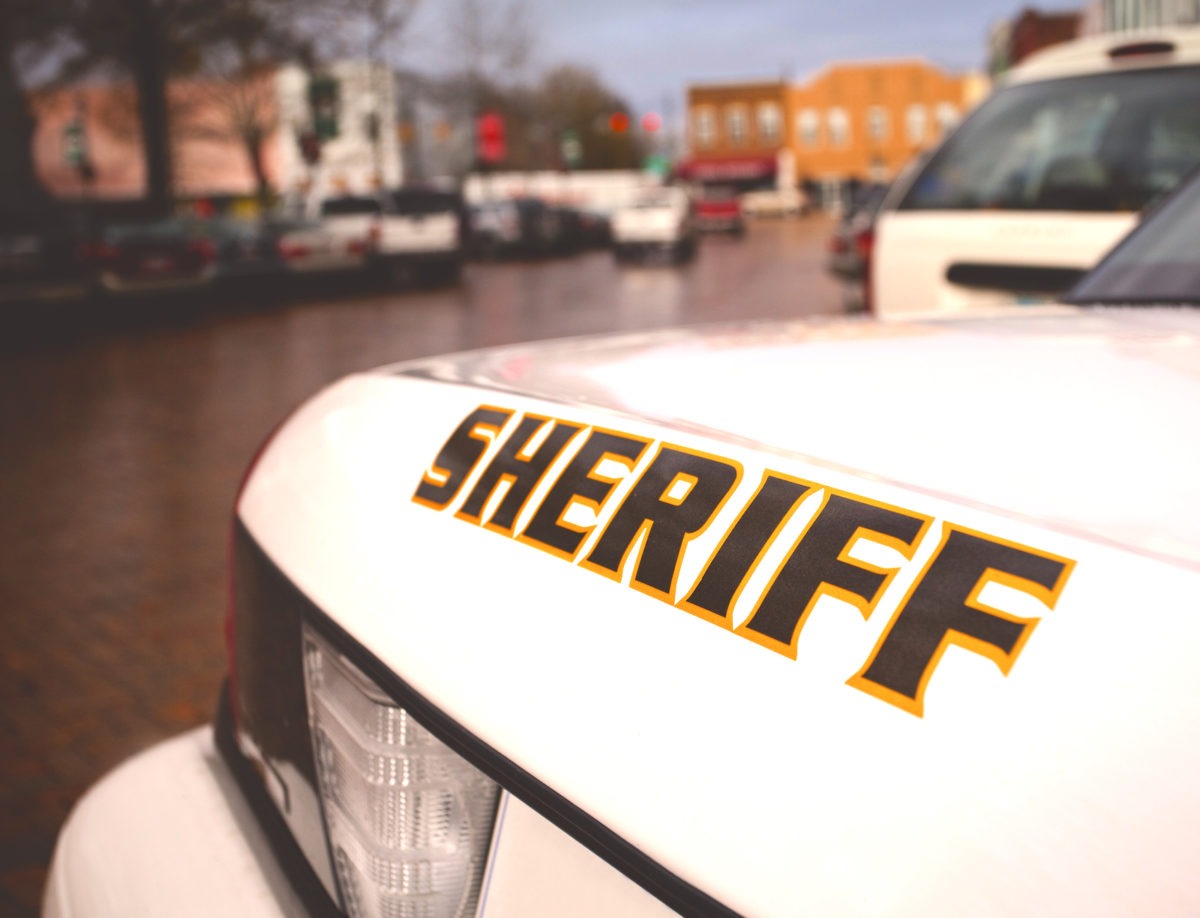
Sheriffs wield enormous power, and they can direct it in ways that will help contain the spread of COVID-19 and protect incarcerated people.
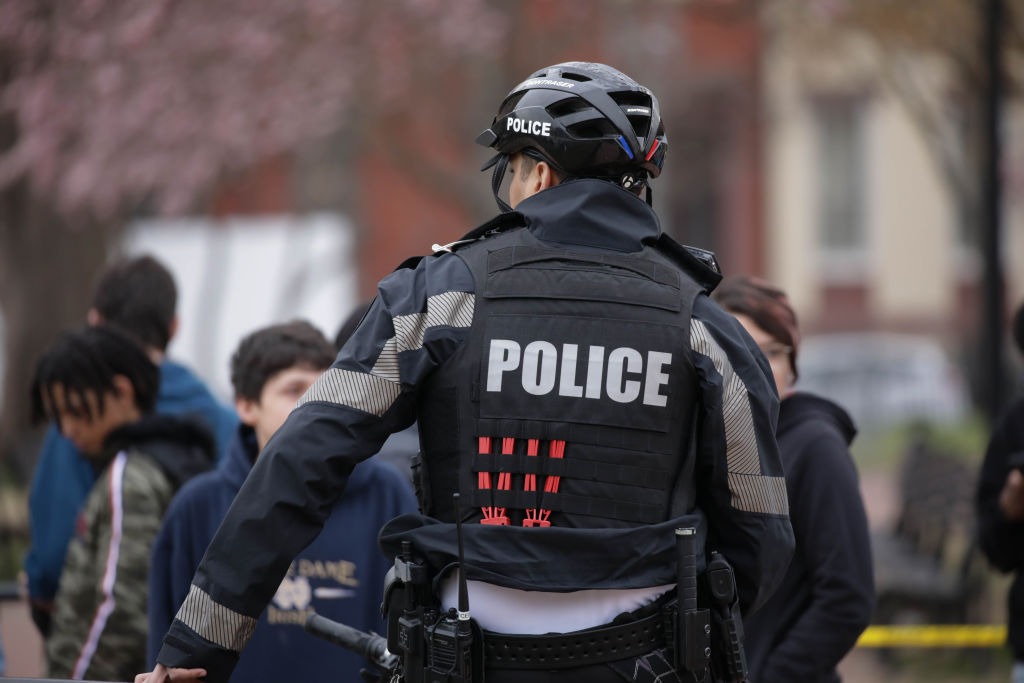
The Metropolitan Police Department has discussed reducing arrests, but it has not formally announced any policy changes.

Rhode Island prosecutors charged nine people with felony distribution of the addiction treatment drug. Reform prosecutors in other states are declining such charges and instead encouraging access to the drug.
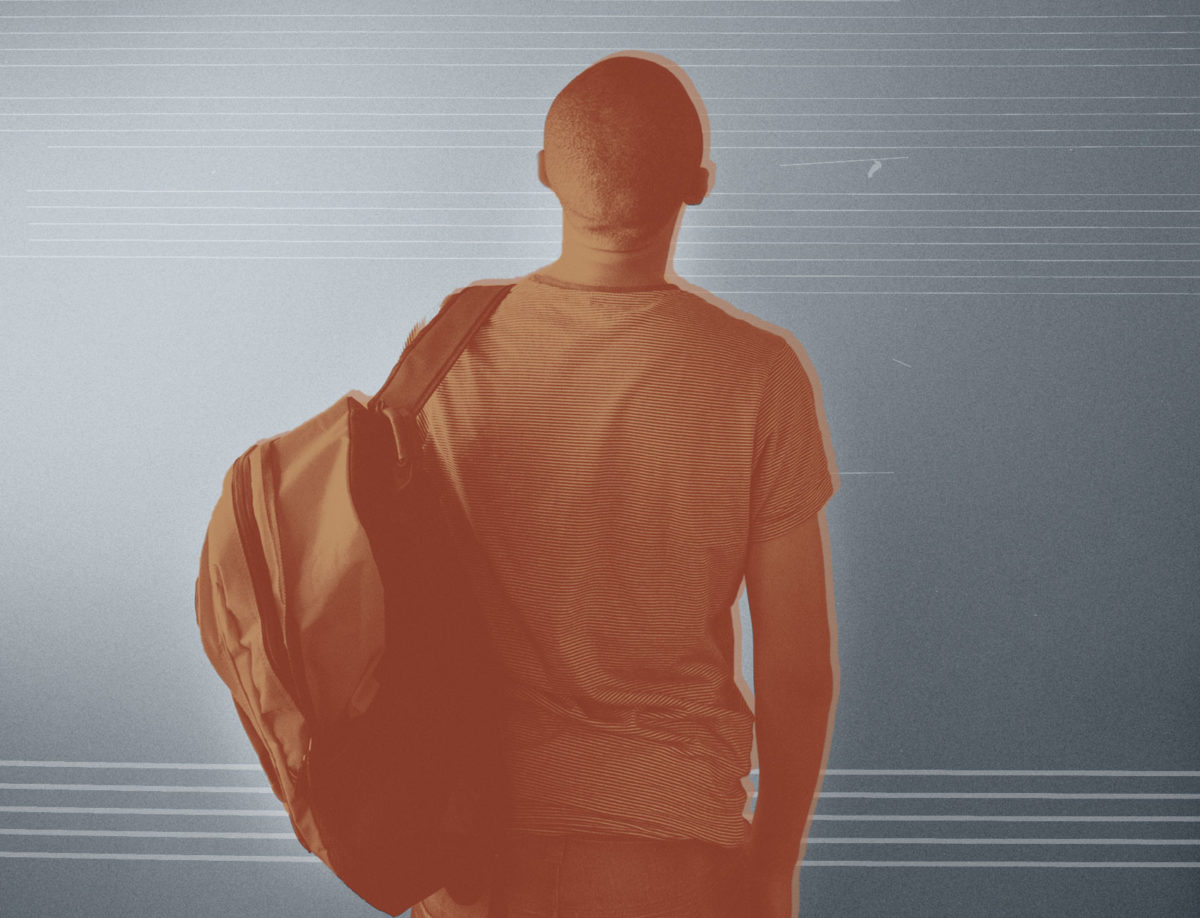
The student, whose last name is Mohammed, was subject to improper searches based on little evidence, his attorney argues.
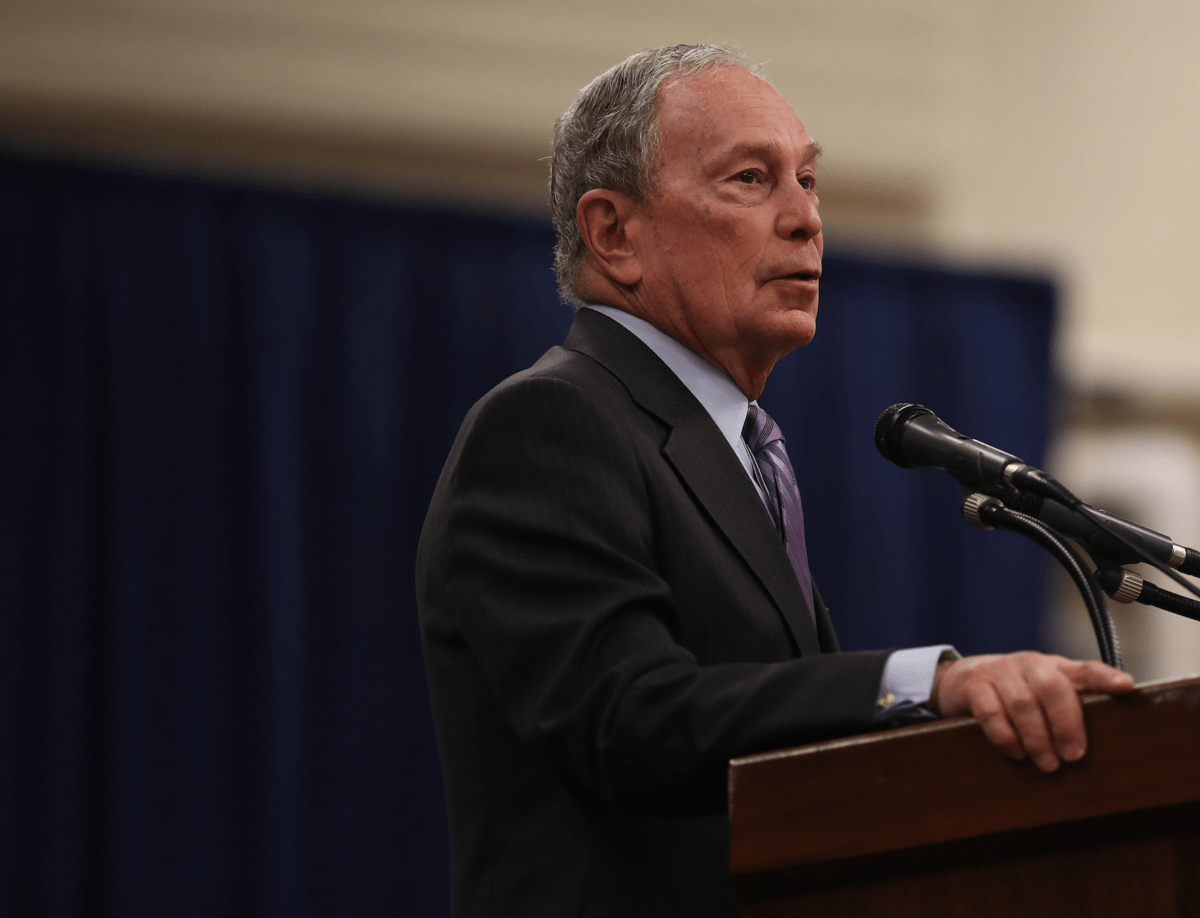
We need to be more critical of the former New York mayor’s outsize influence on the gun control movement.
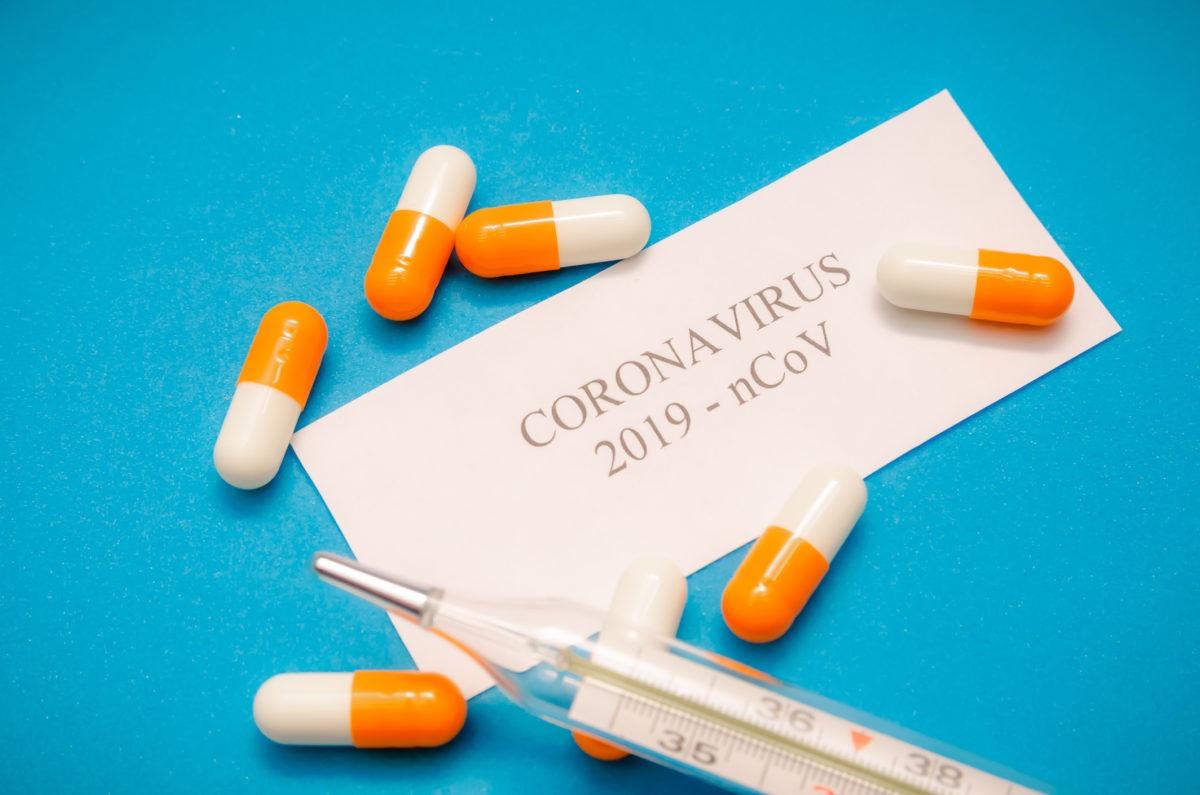
Spotlights like this one provide original commentary and analysis on pressing criminal justice issues of the day. You can read them each day in our newsletter, The Daily Appeal. As the country braces itself for the “all but certain” global pandemic of the coronavirus, some people are stocking up on food and surgical masks, many are […]
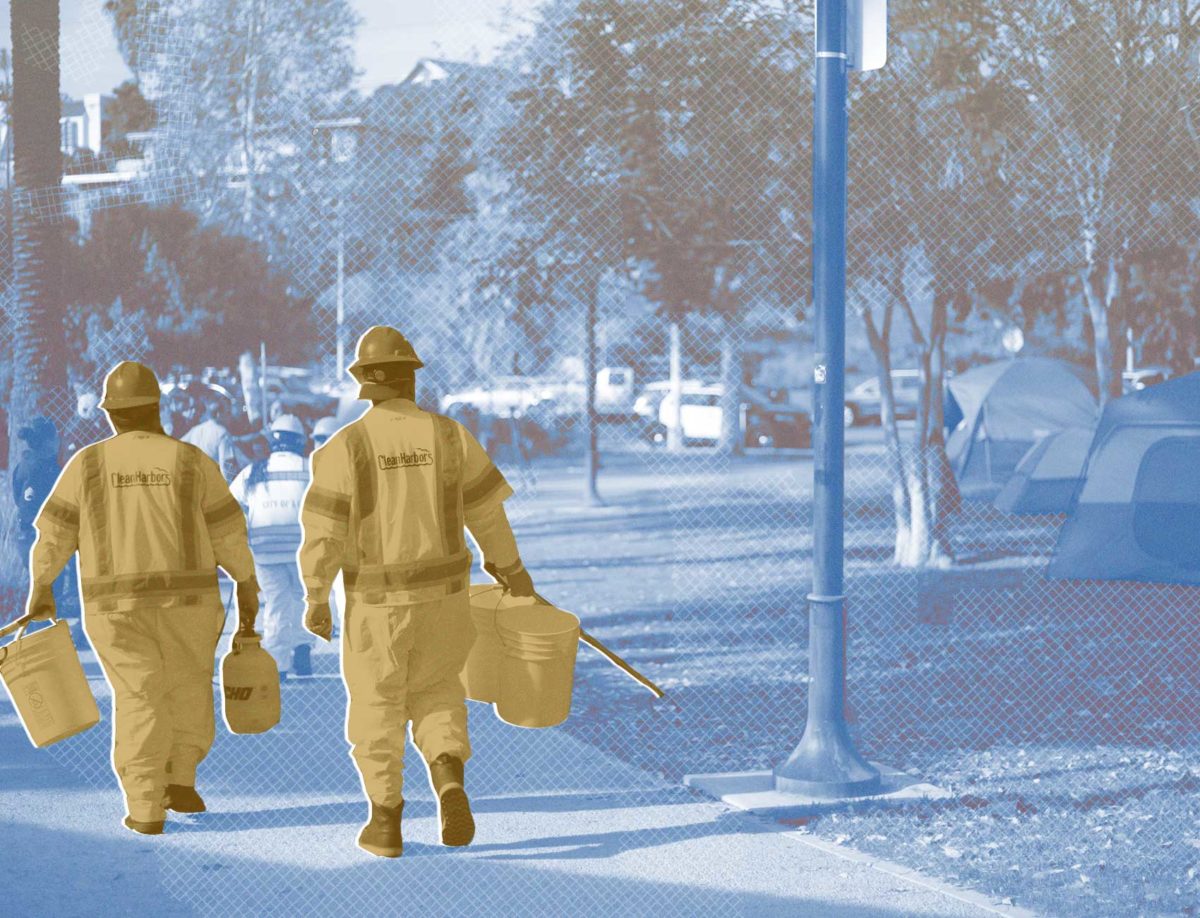
The city is ramping up a cleanup program that activists fear will worsen the criminalization of homelessness.
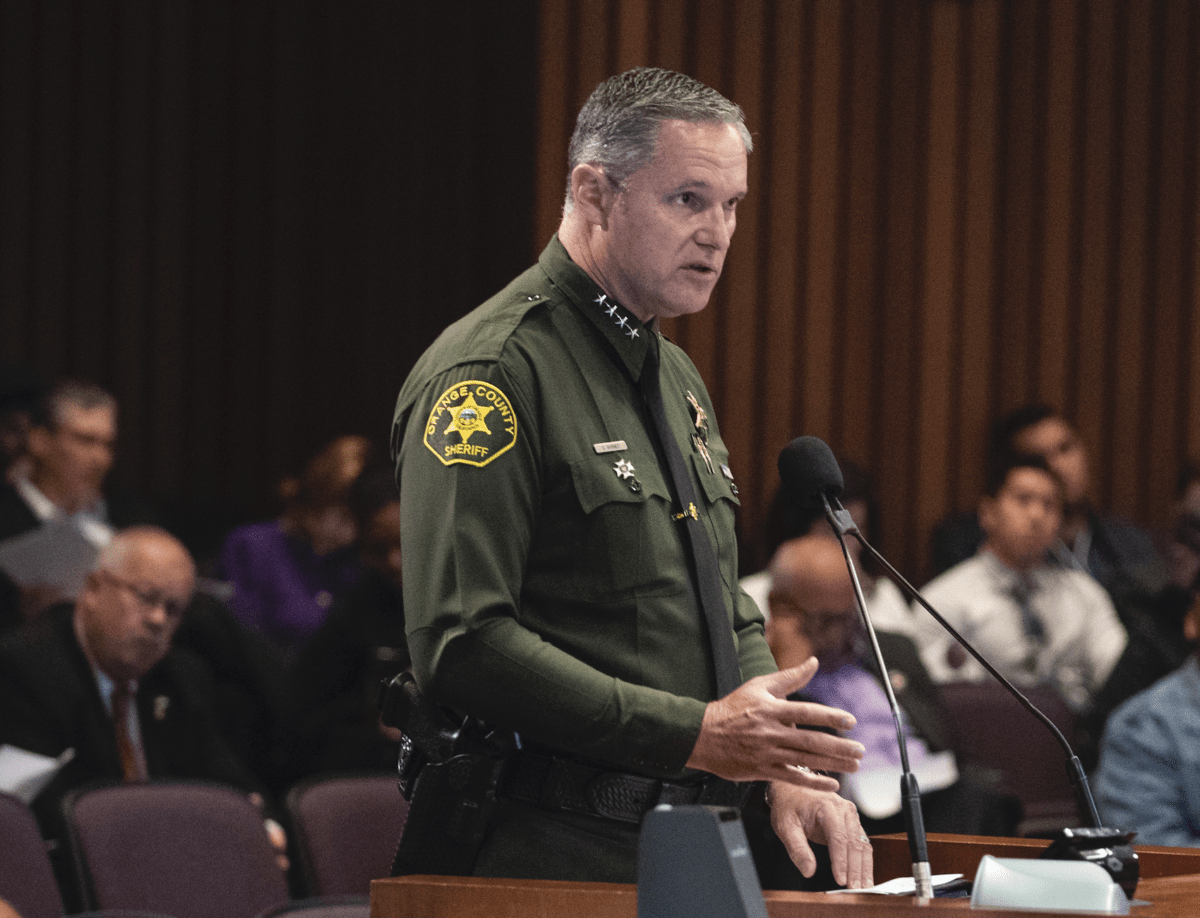
Deputies in Orange County wrote false reports about their collection and booking of evidence, according to internal audits kept secret for months.
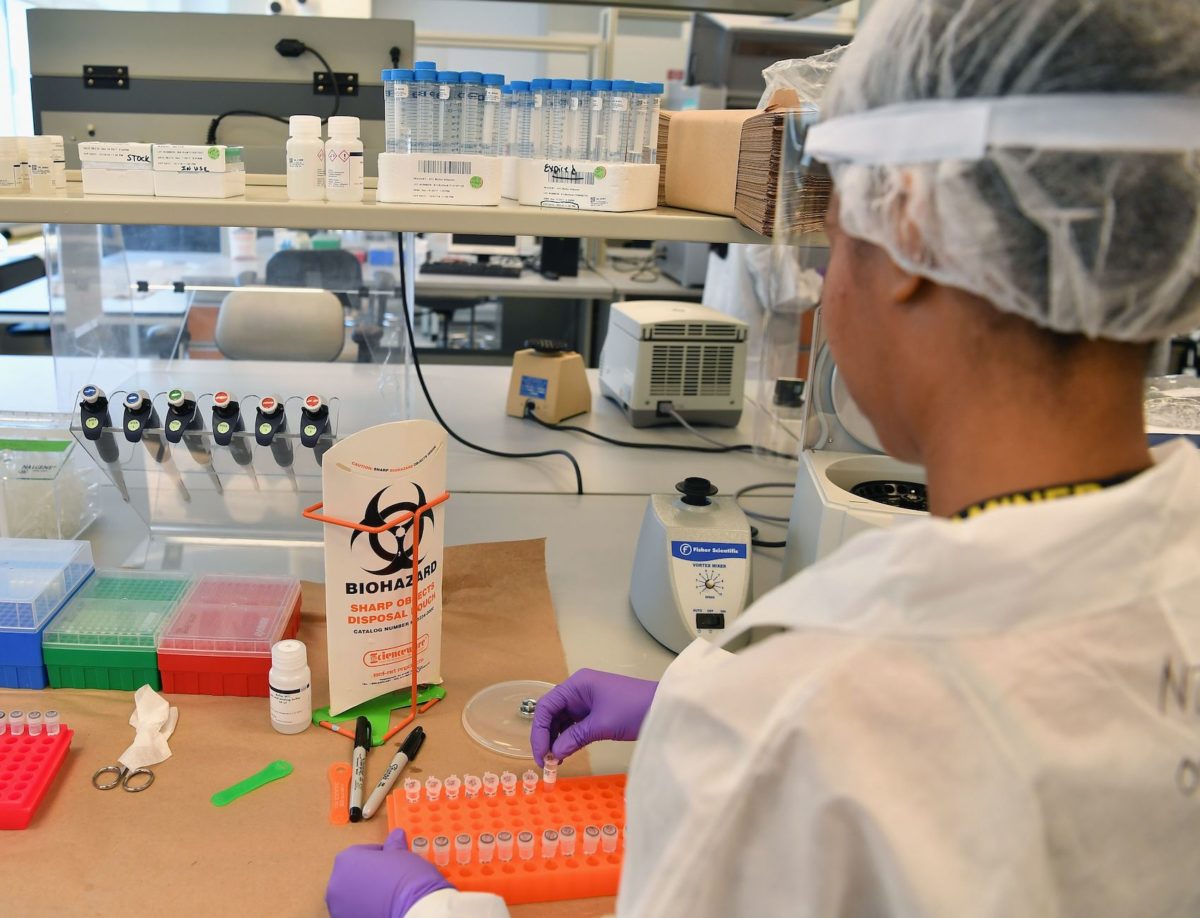
At least one error led to a wrongful arrest, according to a Freedom of Information Law request, underscoring the need for better oversight of the Office of Chief Medical Examiner, advocates say.
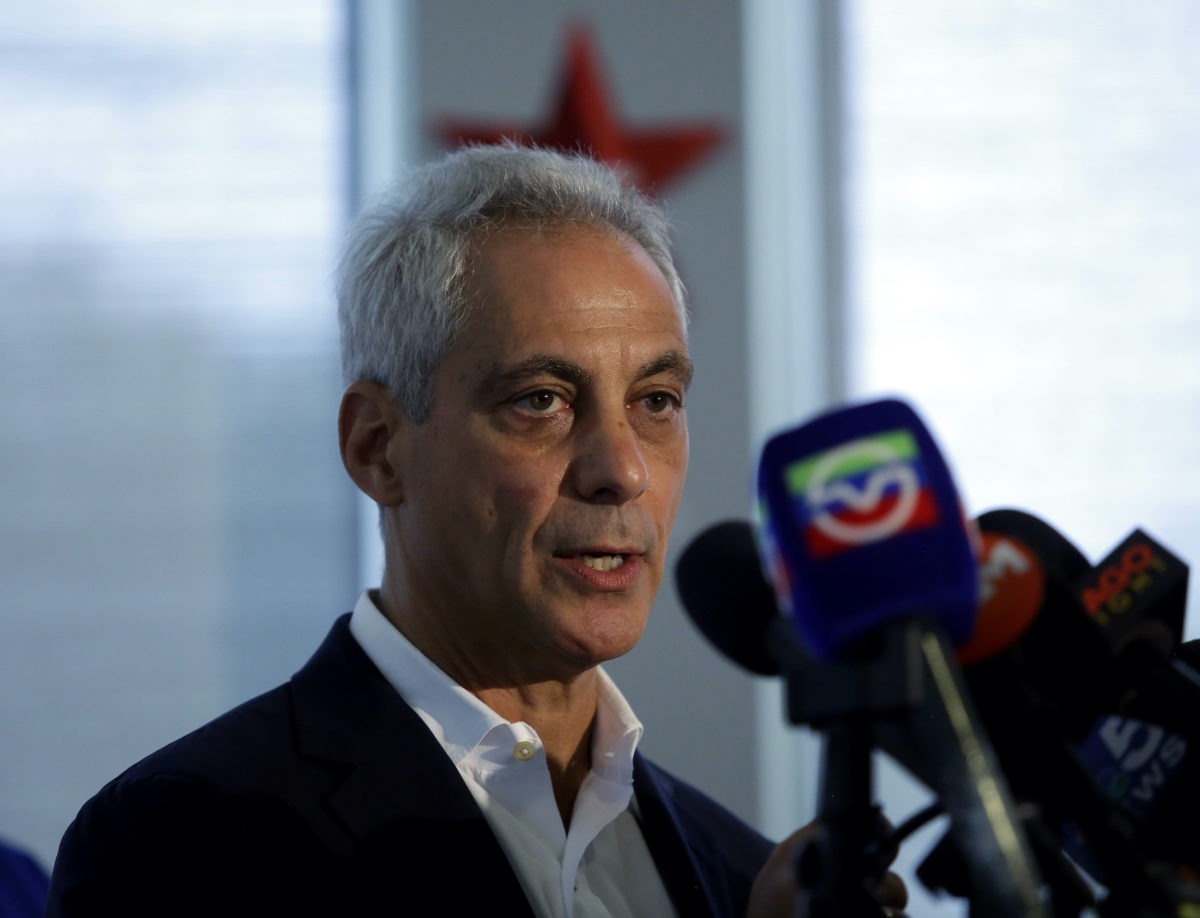
The former mayor issued a city resolution honoring officers for their ‘bravery’ in a shooting that paralyzed Tarance Etheredge, who will receive a payout from a civil rights lawsuit.
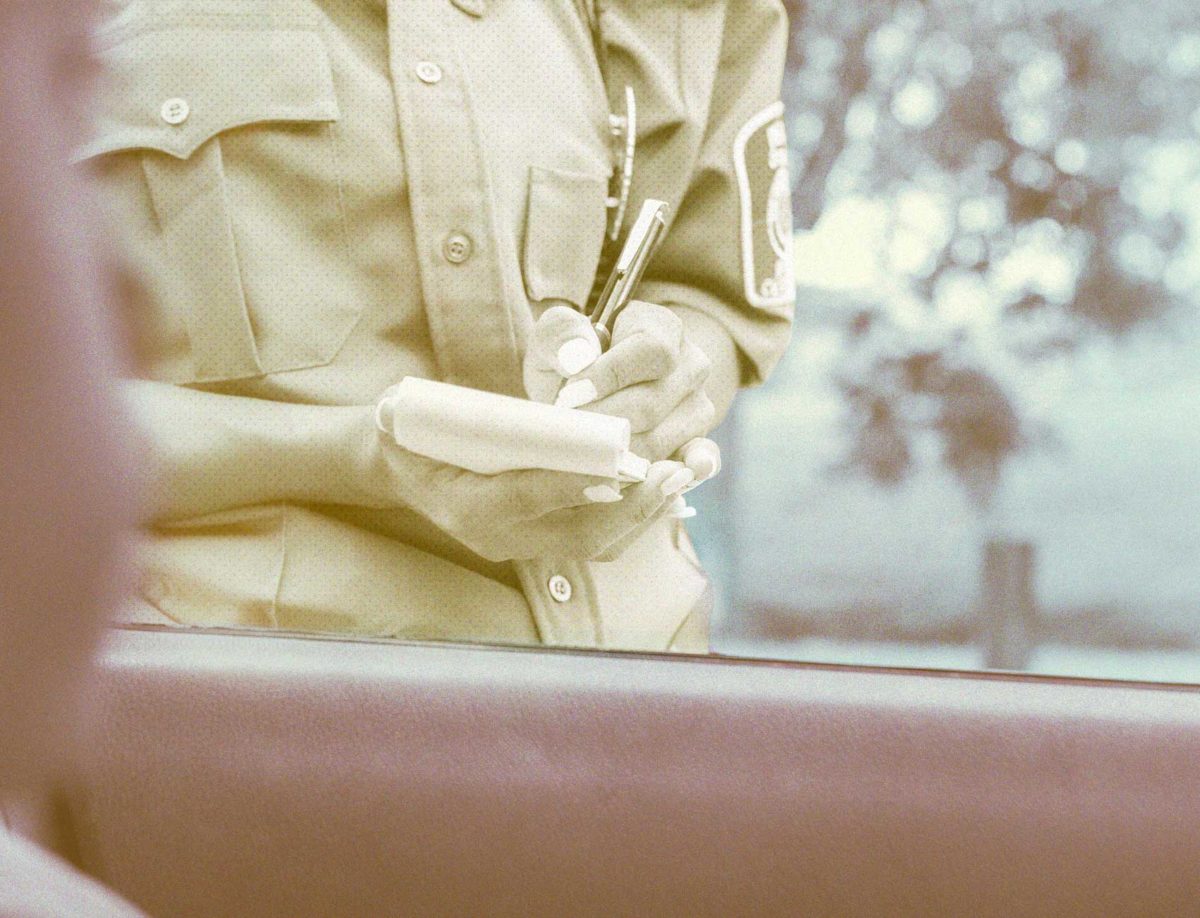
The authors reported that 29.4 percent of the possession cases involved Black individuals in a county where Black people make up only 8.9 percent of the population.
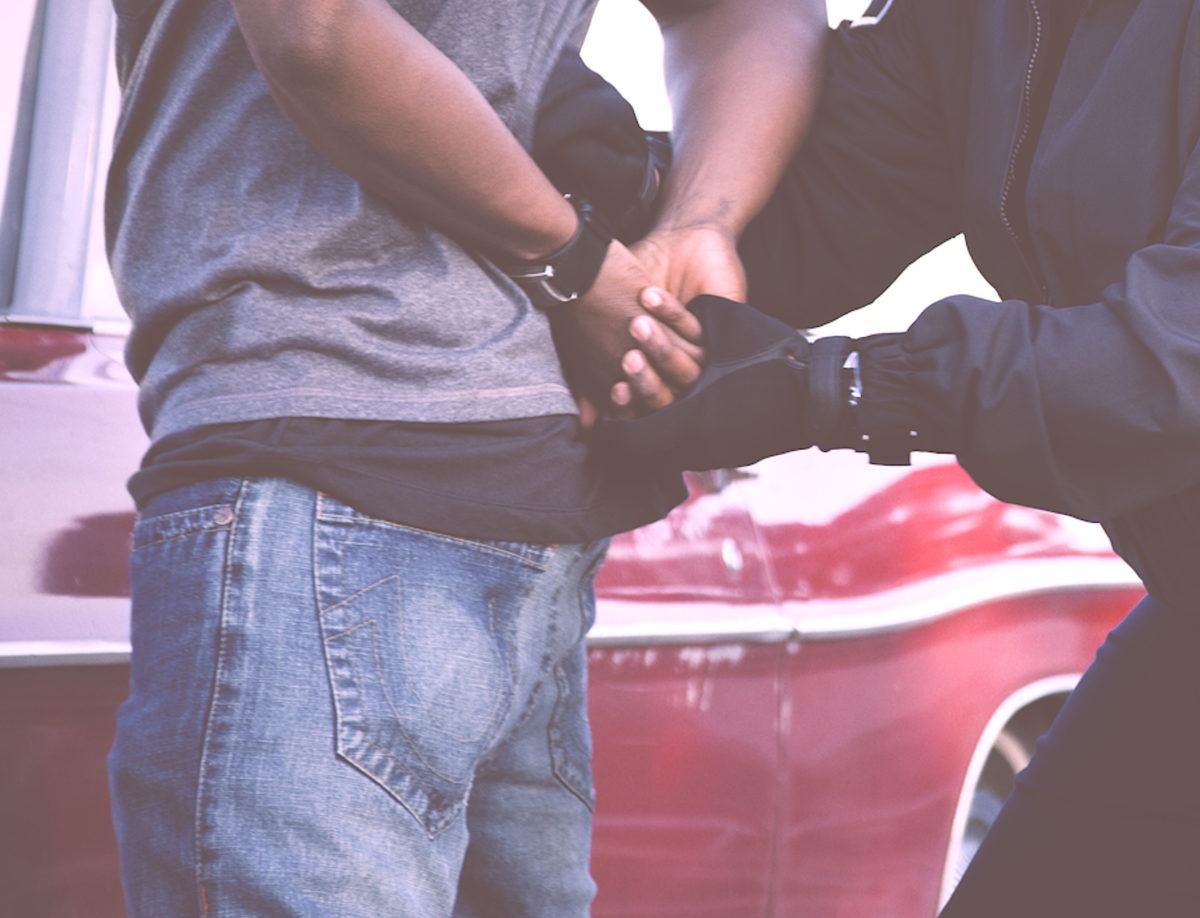
As a Black child in San Francisco, I learned early that mine and others’ bodies meant nothing to those supposedly tasked with our protection.
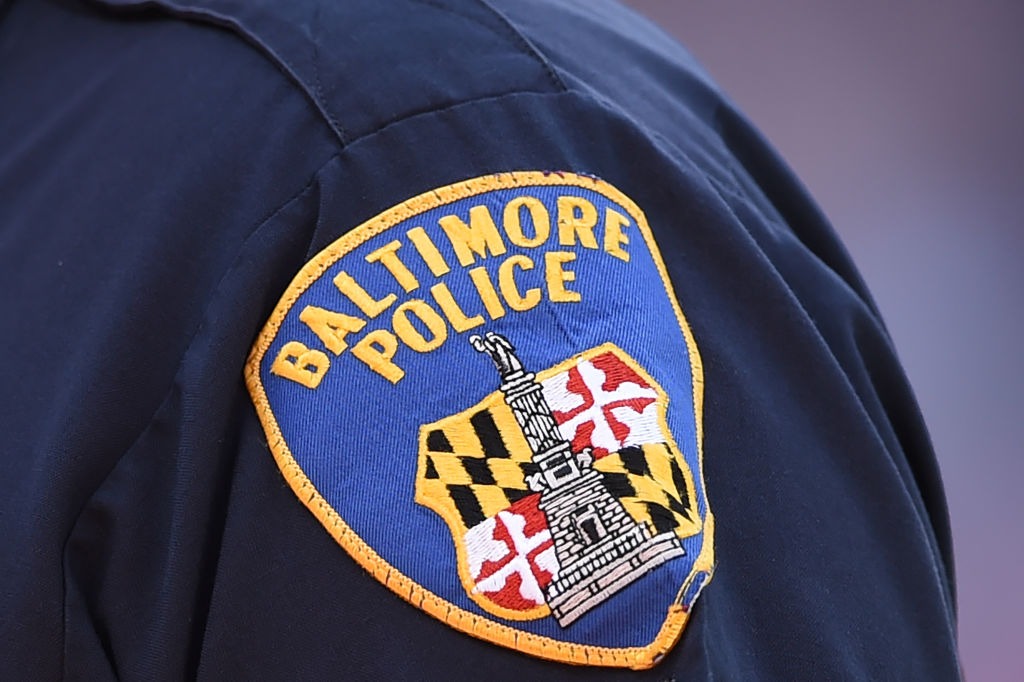
Jawan Richards was shot by Baltimore police and hit with gun and assault charges stemming from the incident. His defense attorneys now say video evidence may exonerate their client.
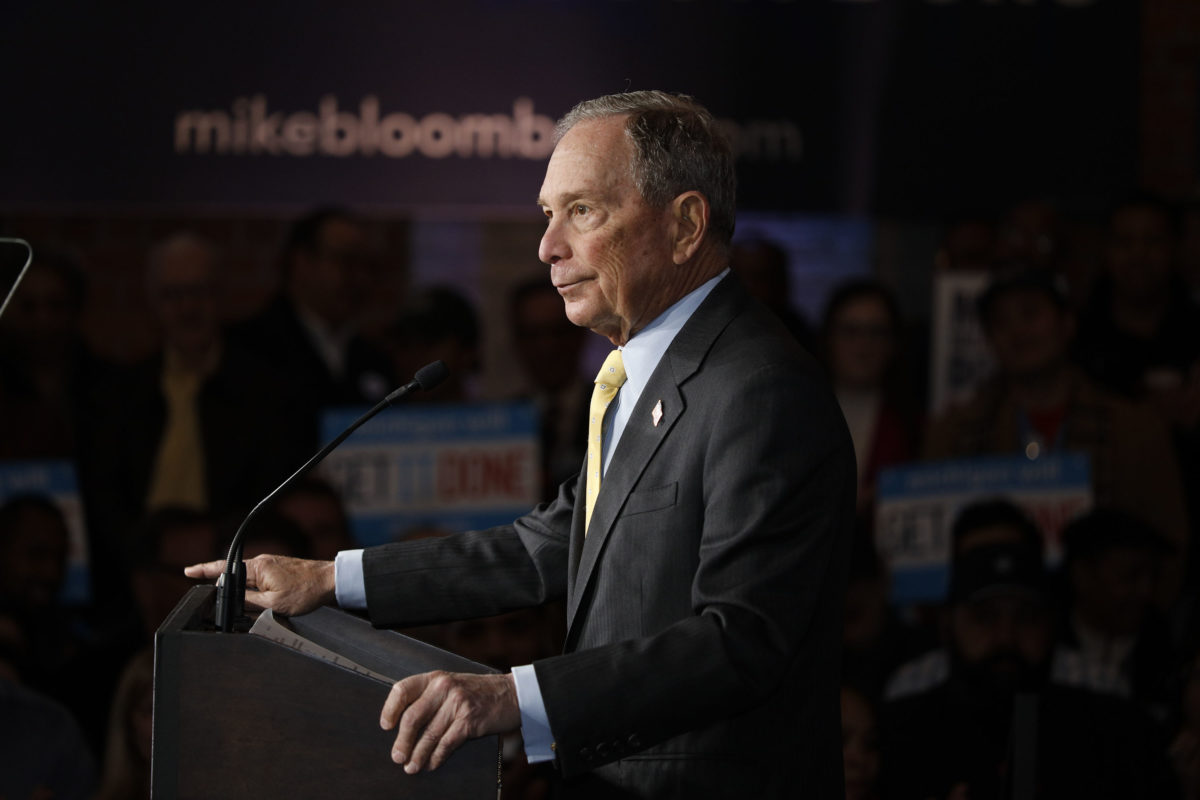
As old audio clips of Bloomberg defending the controversial policing policy went viral, new data showed the practice isn’t fading away in New York city.
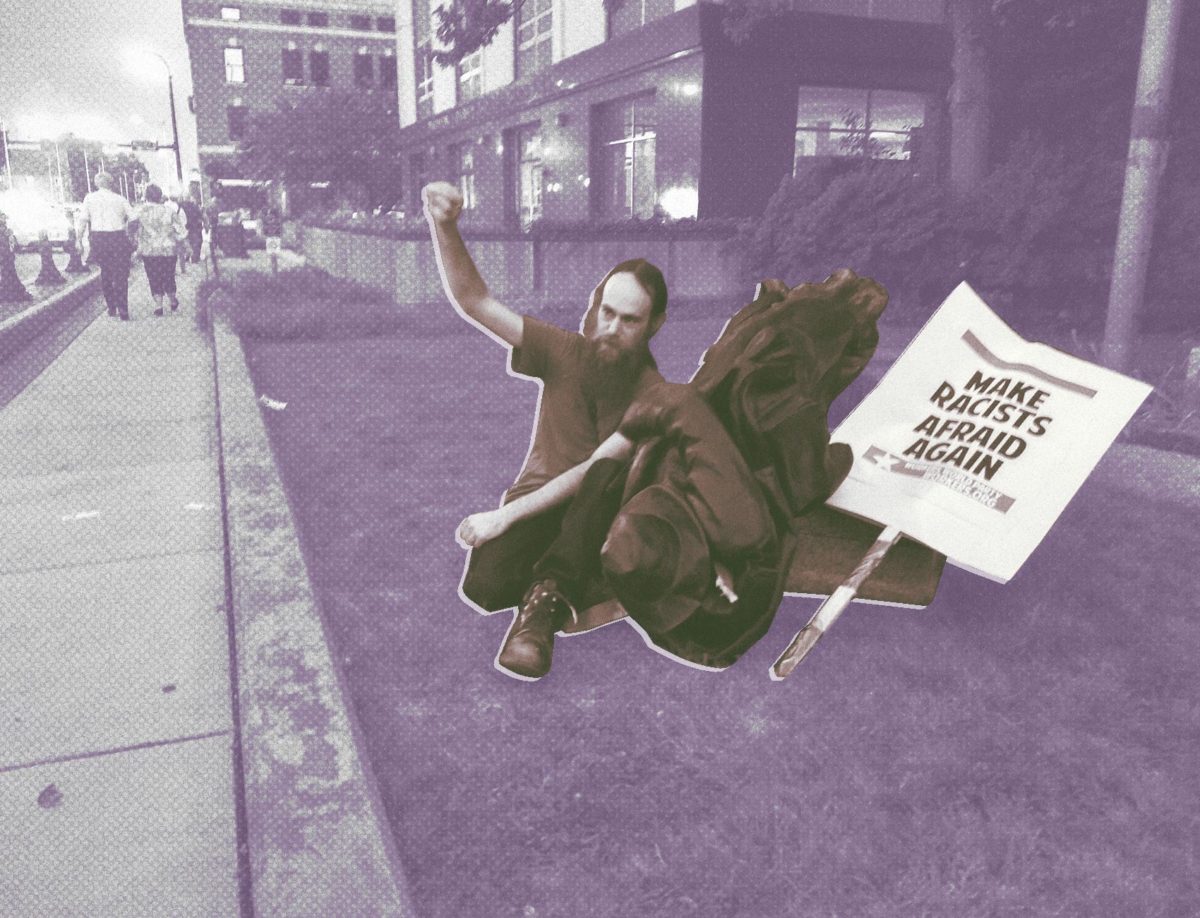
Rann Bar-On pleaded guilty to misdemeanor assault of Alamance County Sheriff Terry Johnson to remain a legal U.S. resident. For the next two years, he isn’t allowed to protest in the county.
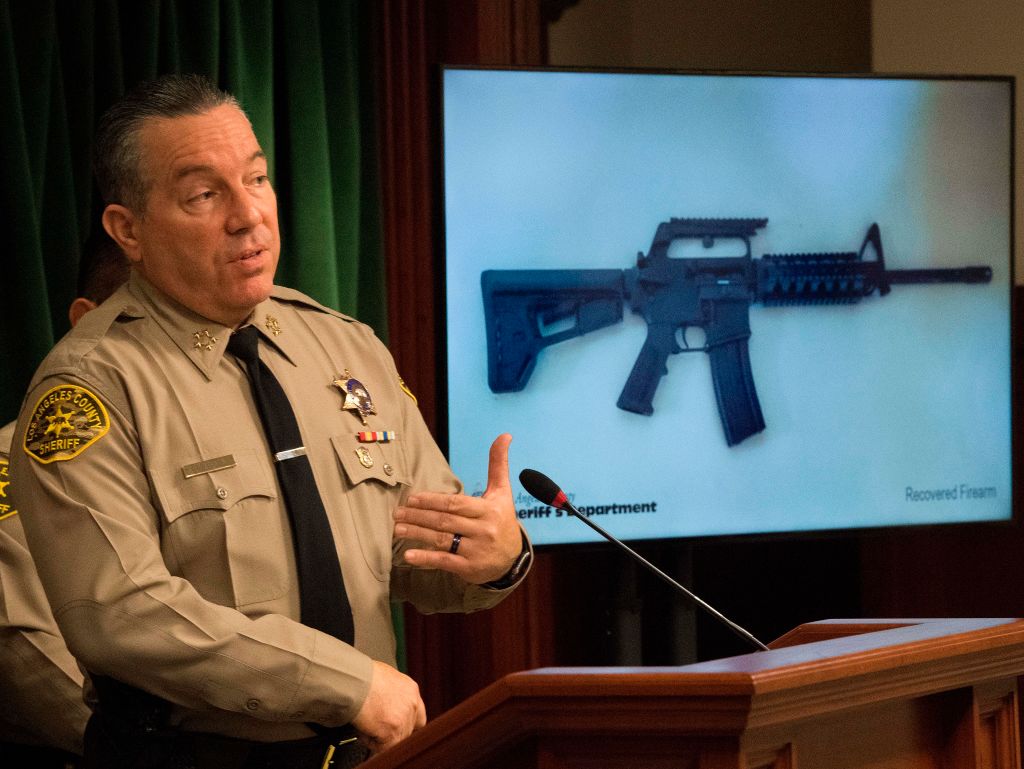
Erick Wallace’s federal civil rights lawsuit joins a long line of litigation and misconduct allegations against the Los Angeles County Sheriff’s Department.

Mistaken identifications have been involved in nearly 70 percent of post-conviction exonerations based on DNA evidence.
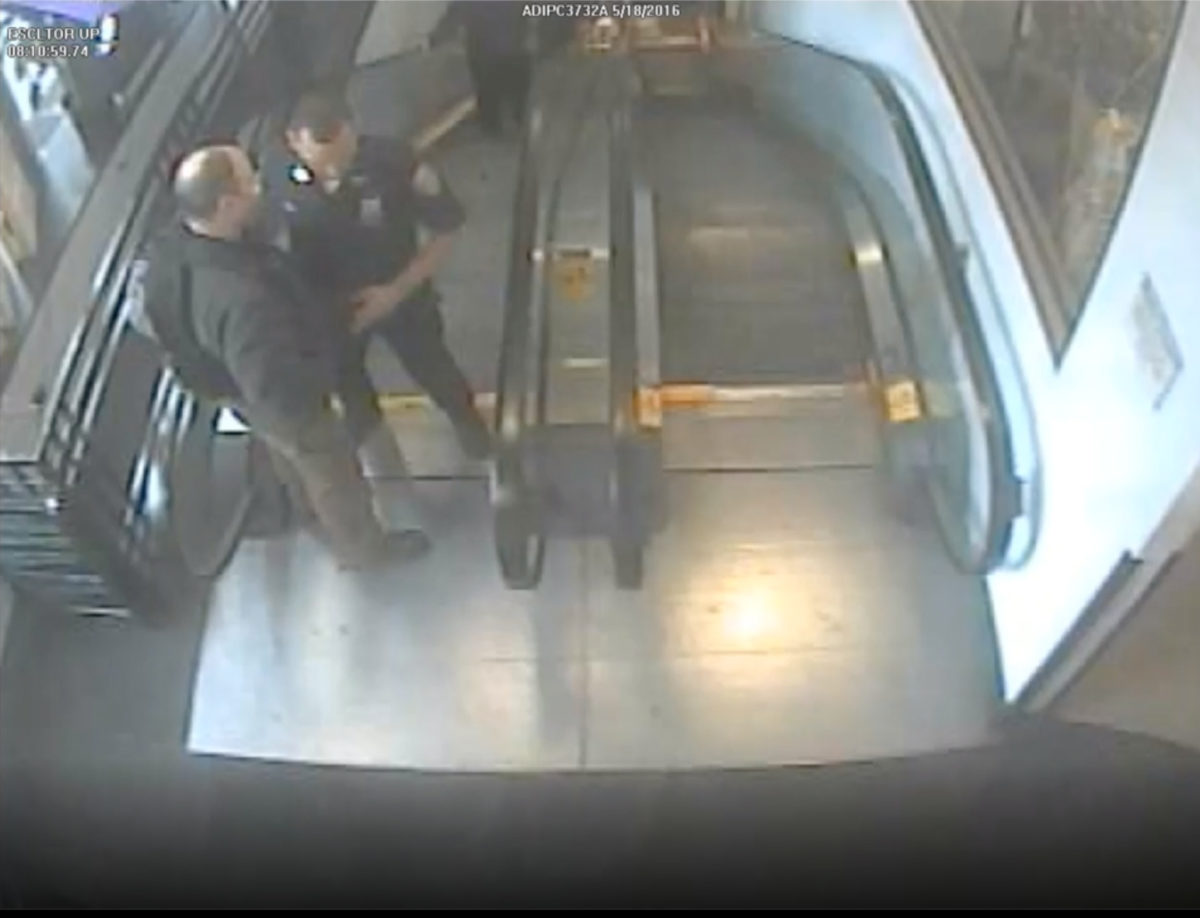
A civil suit claims that an officer who shot a 46-year-old stagehand in Midtown Manhattan should have de-escalated the encounter.
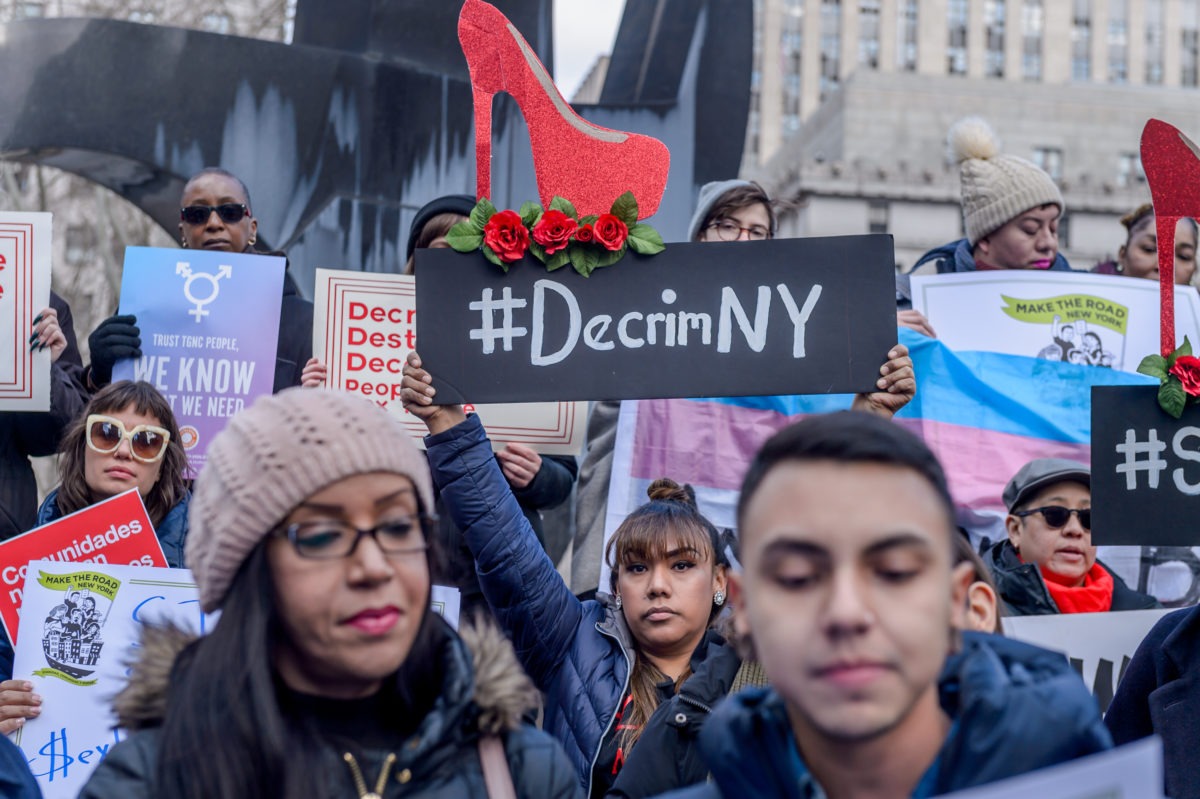
In 1976, New York criminalized “loitering for the purpose of engaging in a prostitution offense,” a law that has allowed for policing that targets LGBTQ and immigrant New Yorkers of color. Now, a broad coalition is hoping to repeal the law, as a step towards broader decriminalization.